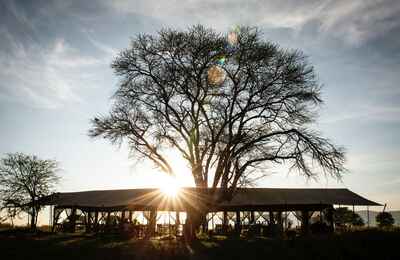About Nomad Serengeti Safari Camp
Nomad Serengeti Safari Camp is a classic tented mobile camp for up to 14 guests.
The camp changes location several times a year, broadly following the wildebeest migration around Tanzania’s Serengeti National Park, when hundreds of thousands of animals move through the ecosystem.
Nomad Serengeti Safari Camp is a traditional bushcamp, with relatively luxurious comforts and high standards of food and service. There is a lovely balance here between immersing yourself in the wilderness, feeling truly part of the bush, and enjoying a level of luxury that is normally the preserve of a much more upmarket camp. If you want an authentic experience of bush living, while also getting close to the migration action, this would be a great choice.
Our view
Nomad Serengeti Safari Camp is a traditional bushcamp, with relatively luxurious comforts and high standards of food and service. There is a lovely balance here between immersing yourself in the wilderness, feeling truly part of the bush, and enjoying a level of luxury that is normally the preserve of a much more upmarket camp. If you want an authentic experience of bush living, while also getting close to the migration action, this would be a great choice.
Accommodation
10 tents including a family tent
Children
Best for 12+
Open
All year
Activities

4WD Safari

Birdwatching

Hot air ballooning

Private activities
Traveller reviews of Nomad Serengeti Safari Camp
62 real, un-edited reviews from Expert Africa's travellers.
Arrived 1 Feb 2025, 3 nights
"Nomad Serengeti Safari Camp review"
Overall rating: Excellent
Arrived 29 Jan 2025, 5 nights
"Nomad Serengeti Safari Camp review"
Overall rating: Excellent
Arrived 15 Jan 2025, 4 nights
"Nomad Serengeti Safari Camp review"
Overall rating: Excellent
Arrived 24 Sep 2024, 3 nights
"Nomad Serengeti Safari Camp review"
Overall rating: Excellent
Arrived 19 Aug 2024, 4 nights
"Nomad Serengeti Safari Camp review"
Overall rating: Excellent
Arrived 18 Aug 2024, 3 nights
"Nomad Serengeti Safari Camp review"
Overall rating: Excellent
Arrived 1 Jul 2024, 5 nights
"Nomad Serengeti Safari Camp review"
Overall rating: Excellent
Arrived 26 Oct 2023, 4 nights
"Nomad Serengeti Safari Camp review"
Overall rating: Excellent
Arrived 19 Oct 2023, 3 nights
"Nomad Serengeti Safari Camp review"
Overall rating: Excellent
Arrived 25 Sep 2023, 3 nights
"Nomad Serengeti Safari Camp review"
Overall rating: Excellent





















Expert Africa's gallery
When we travel we take lots of photos ourselves to give you a real and un-edited view of the safaris. See our 33 pictures and 1 videos of Nomad Serengeti Camp to get the candid view.
View gallerySafaris visiting Nomad Serengeti Camp
Just ideas, we'll always tailor-make a trip for you


Gorillas and Serengeti Safari
11 days • 4 locations • 2 country
KIGALI AIRPORT TO KILIMANJARO AIRPORT
Combine three iconic experiences – mountain gorillas in Rwanda, and the Serengeti plains and awe-inspiring Ngorongoro Crater in Tanzania.
Visiting Kigali, Ngorongoro Crater and 2 other areas
US$14,370 - US$15,540 per person


Regal Sunbird Fly-in Safari
12 days • 5 locations • 2 country
KILIMANJARO AIRPORT TO DAR ES SALAAM AIRPORT
Experience the highlights of Tanzania with a safari in the country’s famous northern parks followed by historic Stone Town and the palm-fringed beaches of Zanzibar, staying in high-quality accommodation throughout.
Visiting Tarangire, Ngorongoro Crater and 3 other areas
US$10,570 - US$16,370 per person
Nomad Serengeti Safari Camp: Our full report
Nomad Serengeti Safari Camp is a classic tented mobile camp for up to 14 guests.
The camp changes location several times a year, broadly following the wildebeest migration around Tanzania’s Serengeti National Park, when hundreds of thousands of animals move through the ecosystem.
While the pattern of the migration varies from year to year, it runs from south to north, roughly between December and October. In line with this, Nomad Serengeti spends the start of the season, from around December to April, in the southern plains area and around Lake Ndutu, where the wildebeest herds spread out widely to graze and calve on the open plains. In May it usually moves to the Moru area of the central Serengeti, continuing north in June and July, when it's normally based in the Western Corridor and Grumeti area. And from July to October, the camp is based in its northernmost point, in the northern Kogatende area. During November, it moves back to the Moru area, on its way to the south. For more on the migration's movements, see our moving map of the Serengeti migration here.
While Nomad Serengeti isn't luxurious, it does have a veteran, colonial safari style and the furnishings are good quality. However, as it moves frequently, it has remained quite simple, for example the showers are bucket showers with hot water delivered when requested.
One main public tent at Nomad Serengeti Safari Camp combines the lounge and dining area or mess. This tent is completely open at the front to make the most of the views, and the floors are covered with large woven rugs.
In the lounge – a comfortable and relaxing place to while away a few hours – a couple of inviting sofas and canvas chairs are clustered around large wicker crates for tables. The soft furnishings, themed by a washed-out red-and-cream stripe pattern, help to create the low-key but stylish feel typical of Nomad camps. Wooden side tables and solar-powered electric lights disguised as storm lanterns enhance the overall colonial style. At one end is a bookshelf with a coffee table, wildlife books and a few board games. There is also a battery-charging station for guests' cameras, phones and other gadgets.
The dining area is a similar size to the lounge, and is mostly taken up by a table set for communal meals or individual dining. Guests are free to help themselves at any time to drinks from the informal bar and coolbox fridge, although there is usually a member of staff to assist.
Nomad Serengeti Safari Camp has ten spacious guest tents, two of which are set up as a family unit. The tents are spaced a good distance apart and are cleverly staggered to increase privacy. Depending on the location of the camp, the access path runs in front or behind the tents.
Each tent has twin or double beds housed in a distressed iron bed-frame complemented by a patterned hanging wall awning on the partition wall, a leather-topped writing desk and side tables, a canvas rack for your luggage and antique-style iron and canvas lamps for the solar lighting. During our last visit, we thought that the use of natural materials and sun-bleached colours worked really well, and to stylish effect. For storing valuables, each tent is provided a lockable canvas pouch and is given to the camp manager.
Behind the bedrooms, and continuing the natural style, is a changing area/bathroom. There’s plenty of room here for towel racks and hanging clothes along with a stainless-steel washbasin set into a whitewashed wooden table. The cold tap is plumbed, and you'll find a Thermos of hot washing water, which is replenished regularly. Behind this is a flushing eco-toilet and a safari shower, with hot water brought on request to fill the overhead reservoir.
The family tent is made up of two standard tents interconnected with a communal lounge area with a sofa and vintage traveling trunk as a coffee table. Each room has its own ensuite bathroom.
As in the lounge and mess, lighting in the guest tents is powered by solar-charged batteries. Each tent is also equipped with a torch, and an emergency airhorn, in the unlikely event you need to get the attention of a member of staff during the night.
The service at Nomad Serengeti Safari Camp is very good: polite, friendly and well managed. During your stay you’ll be hosted with the friendly in-camp team, who will do their best to ensure that you are well looked after.
Activities based out of this Serengeti camp focus entirely on game drives. You can head out both in the morning and then again in the afternoon, or opt for a full-day drive, taking a packed lunch with you. Early starts of 6.00–6.30am are recommended so that you are out when the big cats are most active, but timings are always flexible.
As far as the migration is concerned, it’s important to be aware that while Nomad Serengeti Safari Camp attempts to follow the Serengeti's wildebeest herds, sites have to be booked with the TANAPA park authorities many months in advance. The camp's owners, Nomad, do their best to estimate where the migration will be but wildebeest movements are very unpredictable.
Activities
4WD Safari
Birdwatching
Hot air ballooning
Private activities
Families & children
- Attitude towards children
- Nomad Serengeti Safari Camp enjoys hosting families, and welcomes children over the age of 6.
- Property’s age restrictions
- No children are accepted under the age of 6.
- Special activities & services
- Often the camp staff may be happy to organize and get involved in activities such as football games to occupy children when given some notice.
- Equipment
- No
- Generally recommended for children
- This is quite a wild camp, with dangerous wildlife potentially wandering through, and is best suited to older and more mature children with a genuine interest in wildlife.
- Notes
- Children are the responsibility of their parents at all times and should not be left unattended whilst in the camp.
Food & drink
- Usual board basis
- Full Board & Activities
- Food quality
- When we last stayed, we enjoyed the food at Nomad Serengeti Safari Camp very much.The camp offers a variety of international-style dishes, using fresh vegetables and lots of herbs and spices. Most dietary requirements can be catered for with advance notice.
If you have an early start you can take a packed breakfast out on safari with you. This is usually eaten at a quiet picnic site somewhere in the bush and consists of granola and yoghurt, pancakes, and bacon-and-egg sandwiches. There is also hot tea and coffee, as well as fruit juice. If you stay in camp you’ll usually be offered a buffet of cereal and fruit, as well as a full cooked breakfast.
Lunch can also be taken as a packed meal, or eaten at camp. In both cases you can usually expect fresh salad and tomatoes, as well as other light lunch options such as vegetables fritters, couscous, fishcakes, rice salad or cold meats. Dessert is usually something light and fresh like a fruit salad. Lunches may on occasion be communal, but more usually each party will eat separately.
Before dinner, guests usually gather for a drink and some nibbles around the campfire and swap the day's stories. We tucked into a starter of chicken with fresh mango and cucumber on one night, followed by roast pork chops, sweet potato chips and vegetables. Our second night there was homemade courgette soup, with a main of Moroccan-style chicken. Desserts included chocolate and orange mousse and baked pear. - Dining style
- Individual Tables
- Dining locations
- Indoor and Outdoor Dining
- Further dining info, including room service
- The camp will organise private meals outside your tent on request.
- Drinks included
- Most drinks, with the exception of champagne and premium imported wines and spirits, are included.
Drinking water is bottled and transported in from Arusha.
Our travellers’ wildlife sightings from Nomad Serengeti Camp
Since mid-2018, many of our travellers who stayed at Nomad Serengeti Safari Camp have kindly recorded their wildlife sightings and shared them with us. The results are below. Click an animal to see more, and here to see more on our methodology.

100% success

100% success

100% success

94% success

94% success

93% success

93% success

88% success

86% success

81% success

50% success

38% success

31% success

30% success

13% success

8% success

8% success

0% success
Getting there
- Location
- Serengeti Migration Area, Tanzania
- Ideal length of stay
- Three to four nights allows at least two full days for game drives to watch the migration and other wildlife.
- Directions
- Access to Nomad Serengeti Safari Camp varies, depending on where the camp is located in the Serengeti. You will usually fly to the nearest airstrip, where you'll be met on arrival by your guide and transferred through the park to camp.
- Accessible by
- Fly-and-Transfer
Special interests
- Wildlife safaris
- Nomad Serengeti Safari Camp is a mobile camp that moves several times a year to follow Tanzania’s wildebeest migration. Though the movements of the migration can be unpredictable, the camp tries hard to predict where the main herds will be.
- See ideas for Wildlife safaris in Tanzania
Communications
- Power supply notes
- A battery inverter, powered by the generator.
- Communications
- There is intermittent cellphone reception in the Serengeti and sometimes there is reception in camp, depending on the location. There is WiFi is available in the tents and not in the main area. Each room has a Motorola hand held radio.
- TV & radio
- None.
- Water supply
- Other
- Water supply notes
- Water is drawn from a borehole or piped from rivers. There are bucket showers and low-water-usage composting toilets.
Health & safety
- Malarial protection recommended
- Yes
- Medical care
- Nomad Serengeti Safari Camp has first-aid kits on site and in the vehicles, and some staff have first-aid training. In case of a serious medical problem, the camp has links to flying doctors.
- Dangerous animals
- High Risk
- Security measures
- This camp is not fenced and wildlife often comes into camp. Because of this you will be escorted around the camp at night.
- Fire safety
- There are fire extinguishers in the tents and a fire break around the camp.
Useful info
- Disabled access
- On Request
- Laundry facilities
- Laundry is included. Clothes are hand-washed by the housekeeping team and line-dried. For cultural reasons, the team will not wash ladies' underwear. Washing powder is provided in the tents.
- Money
- Nomad cannot offer any currency exchange.
- Accepted payment on location
- You can settle any extra payments in cash in US dollars or Tanzanian shillings. The camp can accept card payments; Mastercard, Vida and Amex with a slight surcharge.
Plan and book your trip with Expert Africa
All of our trips are tailor-made, so we'll always adapt them to suit you. Talk to an Expert and let us plan and arrange your perfect trip.

Talk to an Expert
Call or email us now! We’ll match you with the Specialist in our team who is best suited to help you. Then together we can start planning your trip.

Set up your itinerary
Based on our experience and your ideas, your specialist will create a detailed, costed itinerary. We’ll refine it together, until we have a trip that you’re perfectly happy with.

Prepare for your trip
The same Specialist will make the seamless arrangements for your trip, send you detailed travel documents, and be available to answer any questions before you depart.

Travel with peace of mind
After you set off, you’ll be cared for by our partners in Africa, most of whom have worked with Expert Africa for decades. And if you ever need us urgently, we’re available 24/7.

When you return
We love to learn about your trip, and so will always be grateful if you’ve the time to give feedback to your Specialist when you return.
Nomad Serengeti Safari Camp's location
Look closer at the environment and surroundings of Nomad Serengeti Camp.
Excursions from Nomad Serengeti Camp
Optional extra day-trips and excursions possible whilst you're staying at Nomad Serengeti Camp. Talk to us: these are usually best arranged before you go.
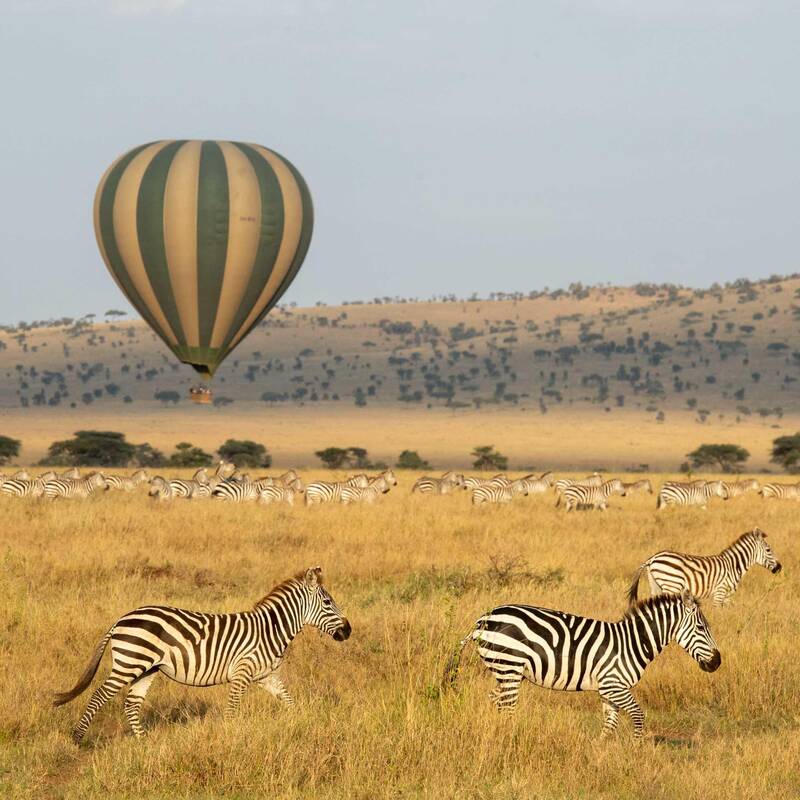
Balloon Safari over the Serengeti
Three hours - approx. one hour flight
As the sun rises over the Serengeti National Park in northern Tanzania, climb aboard for an extraordinary adventure. For an hour you’ll float in a hot air balloon over beautiful savannah and woodland and a diversity of plains wildlife.
More about Balloon SafariOther lodges in Serengeti Migration Area
Alternative places to stay in this same area.
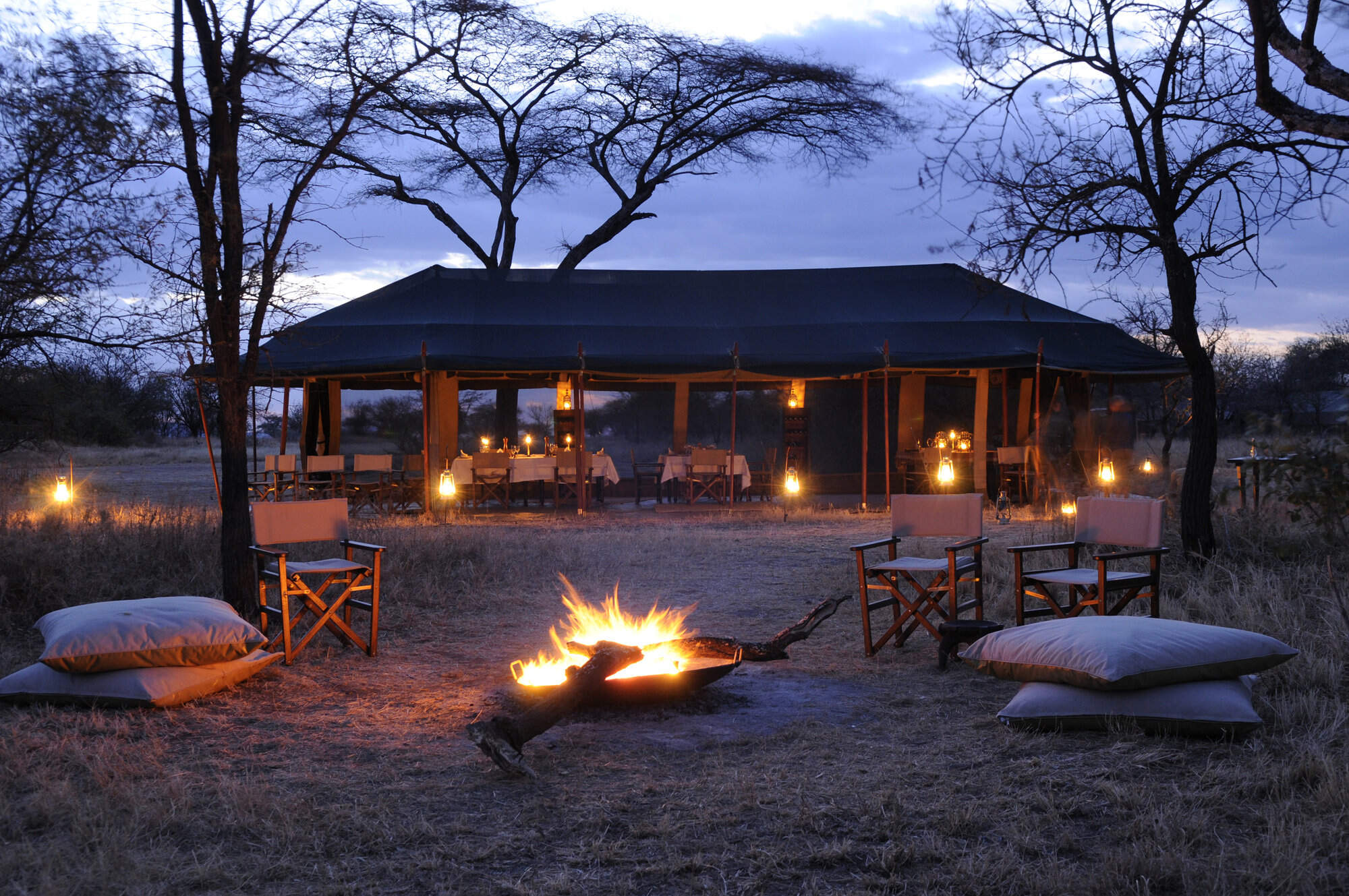
Olakira Camp
Comfortable, friendly and relaxed, Olakira Camp moves between the Mara River and the southern Ndutu area, in line with the wildebeest migration.
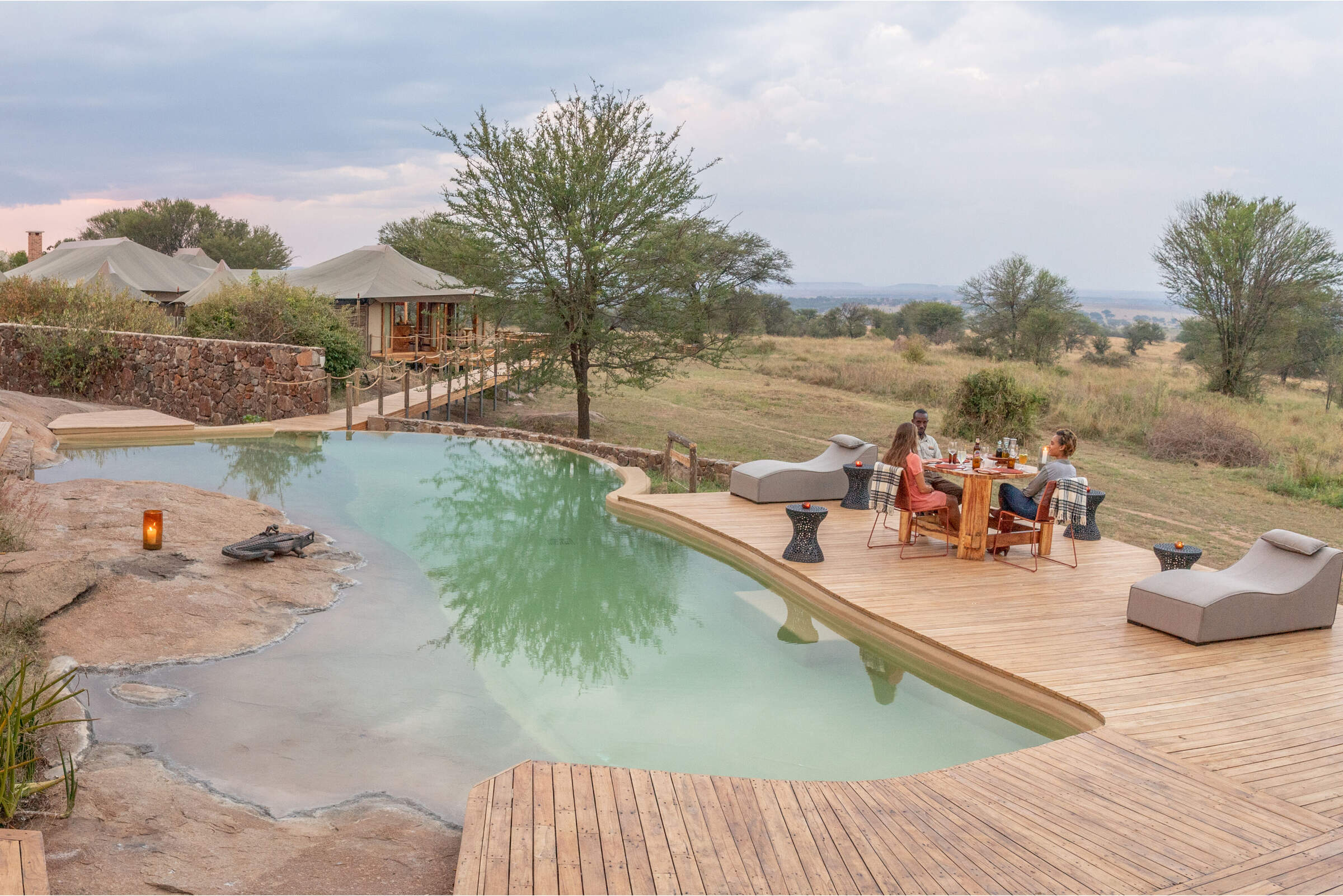
Sayari Camp
In the northern Serengeti, near the Mara River, luxurious Sayari Camp offers excellent wildife all year – boosted further by the wildebeest migration.
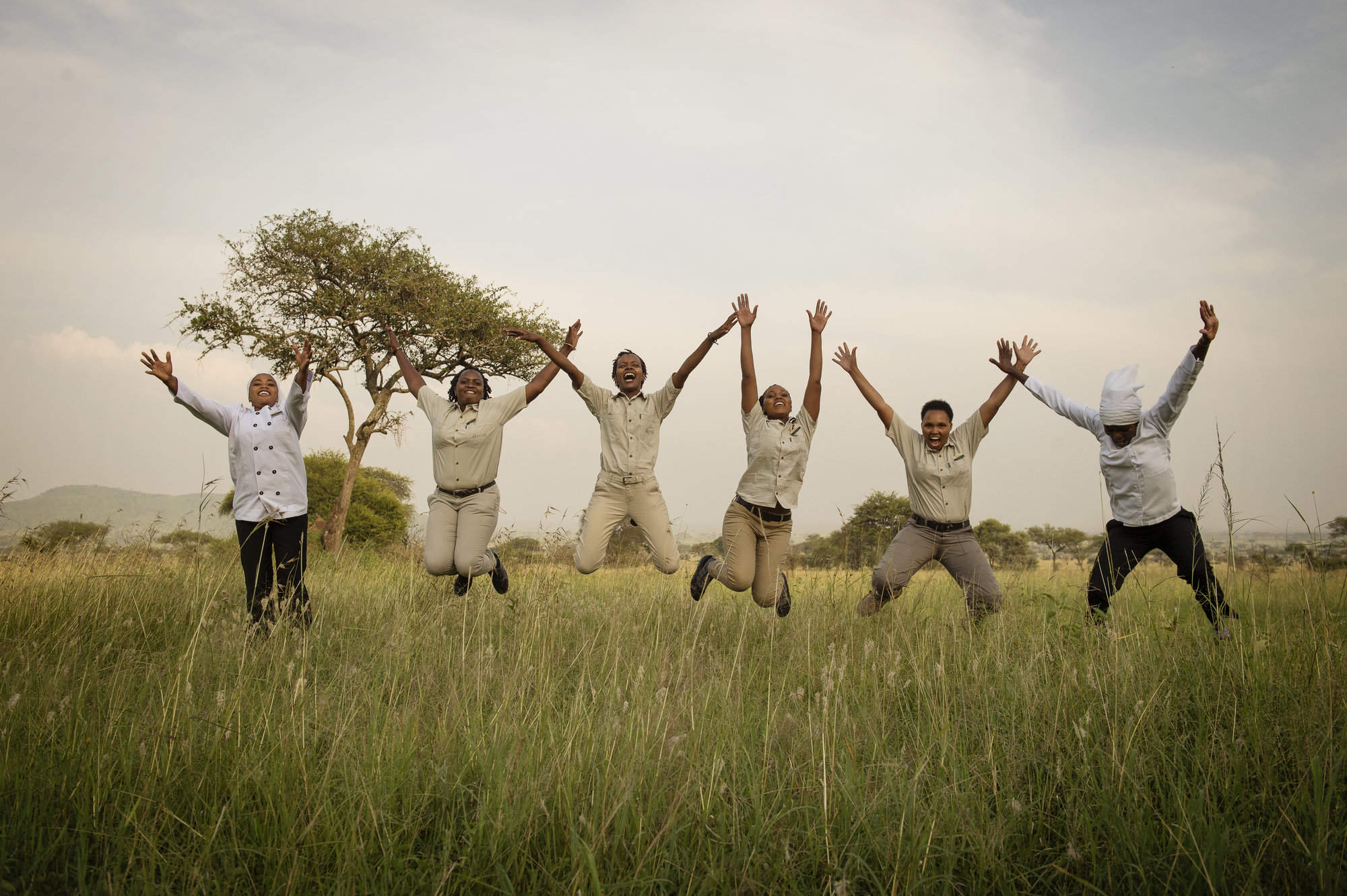
Dunia Camp
Dunia Camp is well located for the migration from December to March, and has excellent game viewing for the rest of the year.
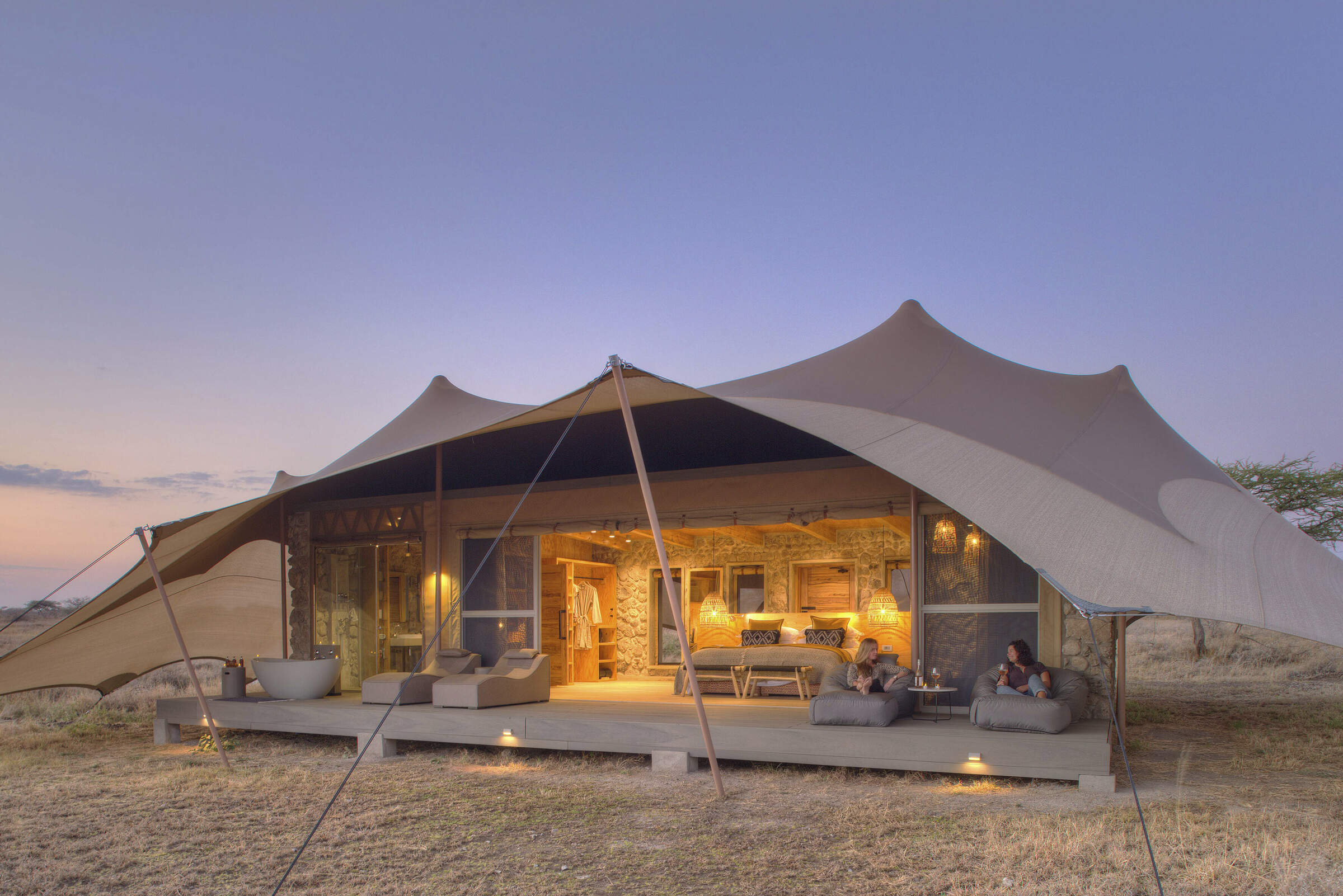
Namiri Plains Camp
Namiri Plains is one of the best camps in the Serengeti and its remoteness ensures a fantastic wildlife experience away from the crowds.
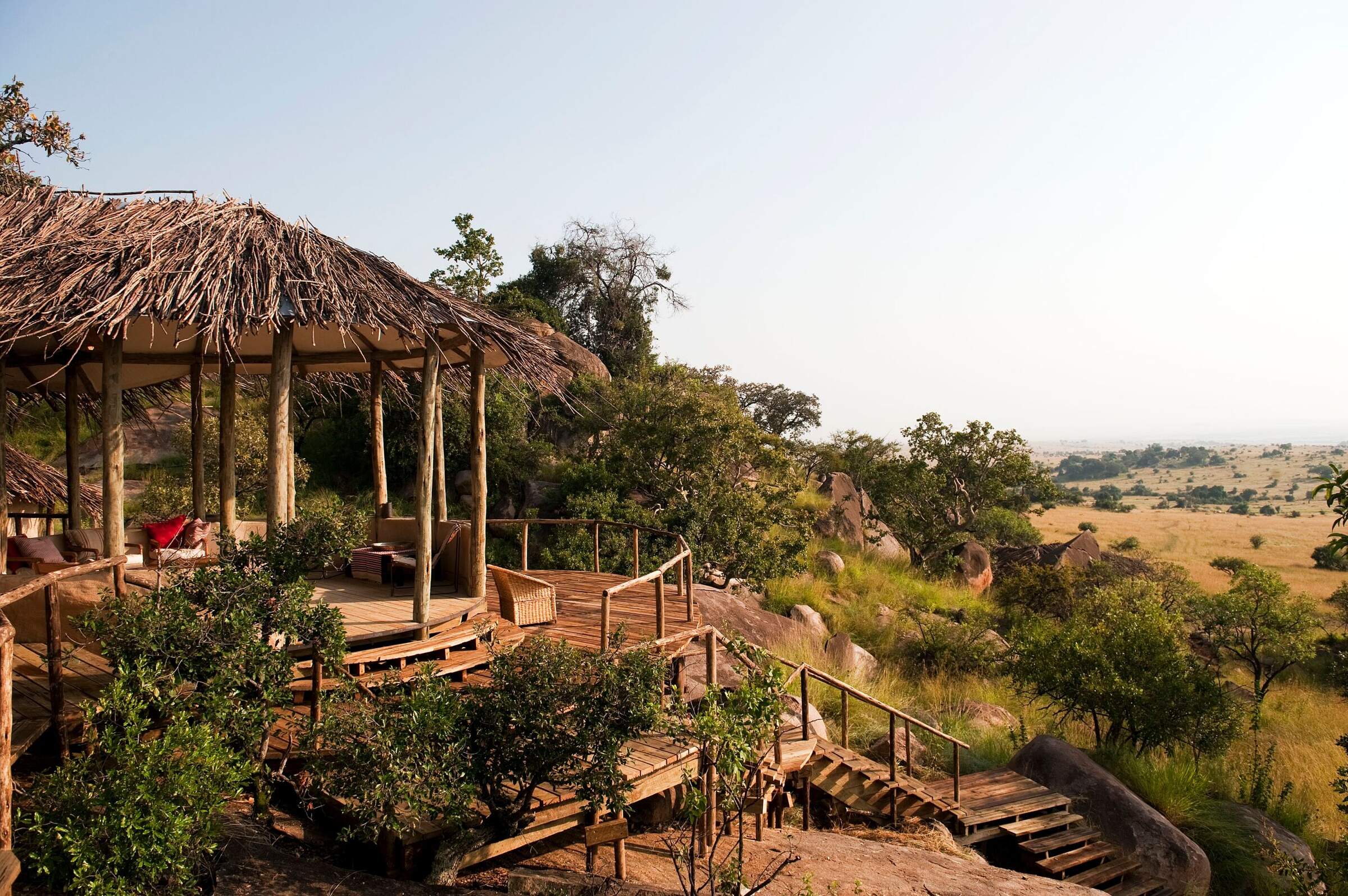
Lamai Serengeti
Set high in the kopjes with fantastic views, Lamai Serengeti offers top service and guiding and good migration sightings from Jul-Oct.
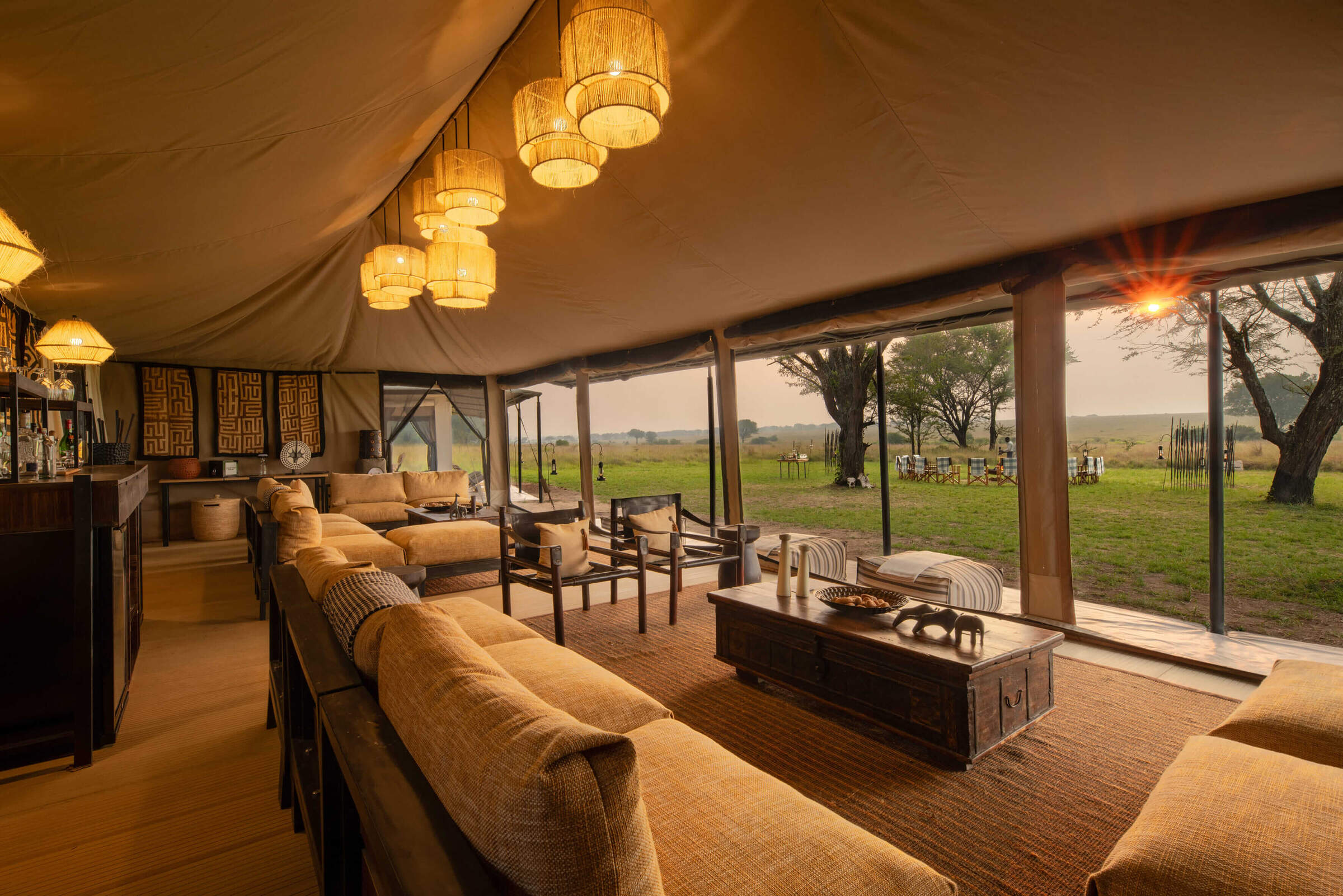
Ubuntu Camp
Ubuntu Camp has several locations in the Serengeti, following the wildebeest migration, so it is often in a great location to see the herds.
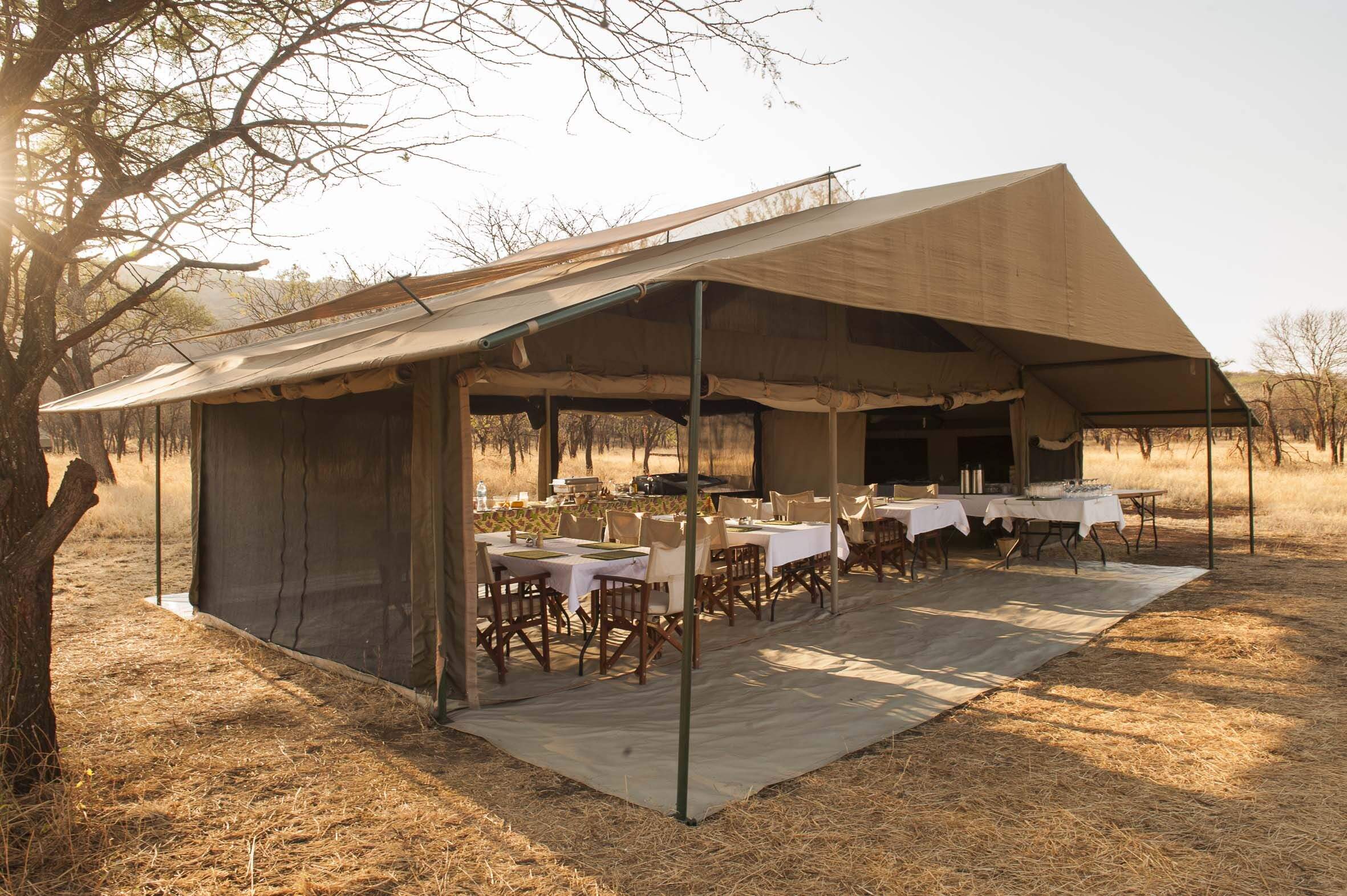
Kati Kati Camp
Kati Kati is a small, very simple bushcamp, which is well-positioned to explore the wildlife-rich Seronera area.
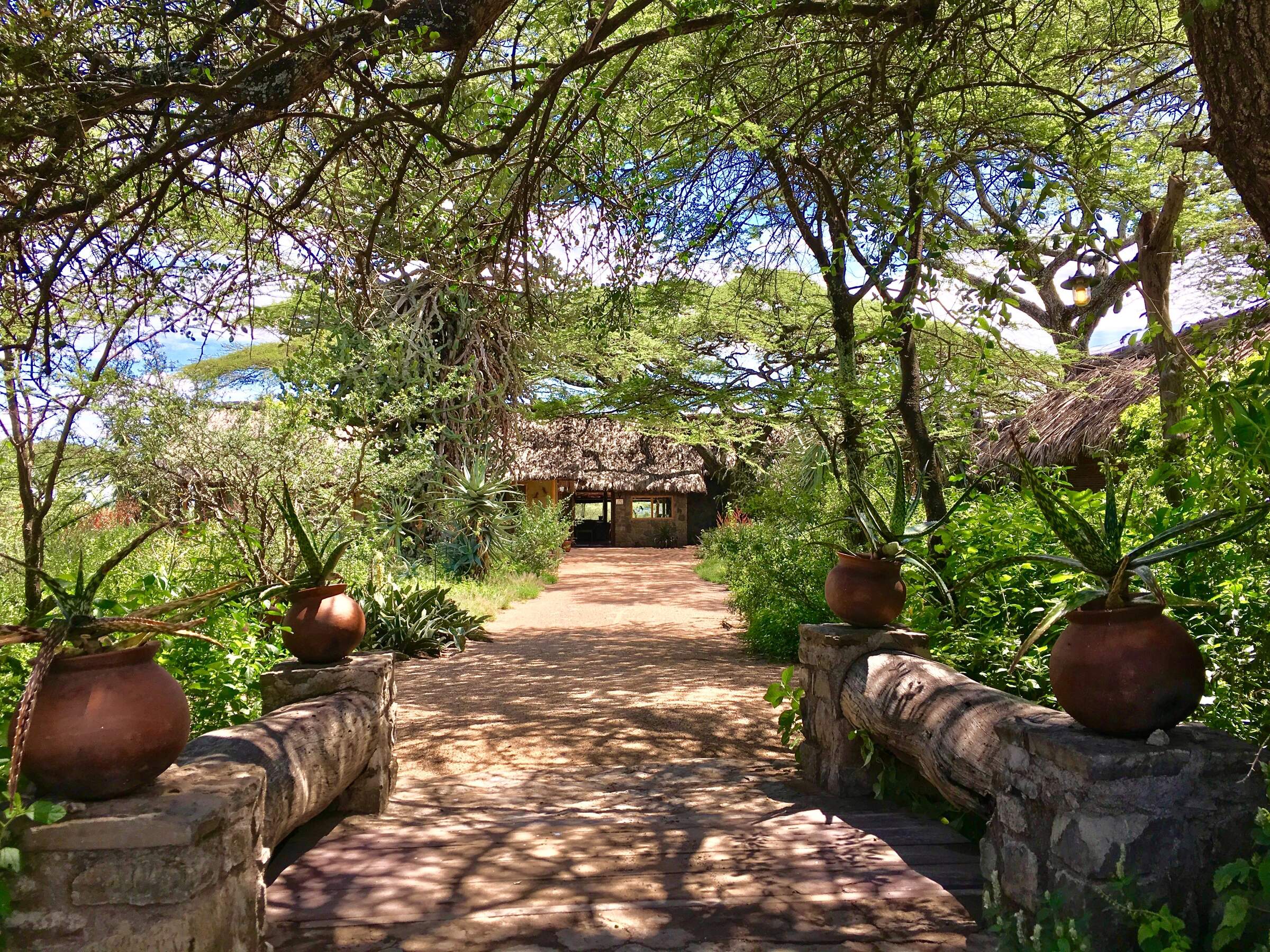
Ndutu Safari Lodge
Large and economical, but not luxurious, Ndutu Safari Lodge is well located in the southern Serengeti, so book early to get space.
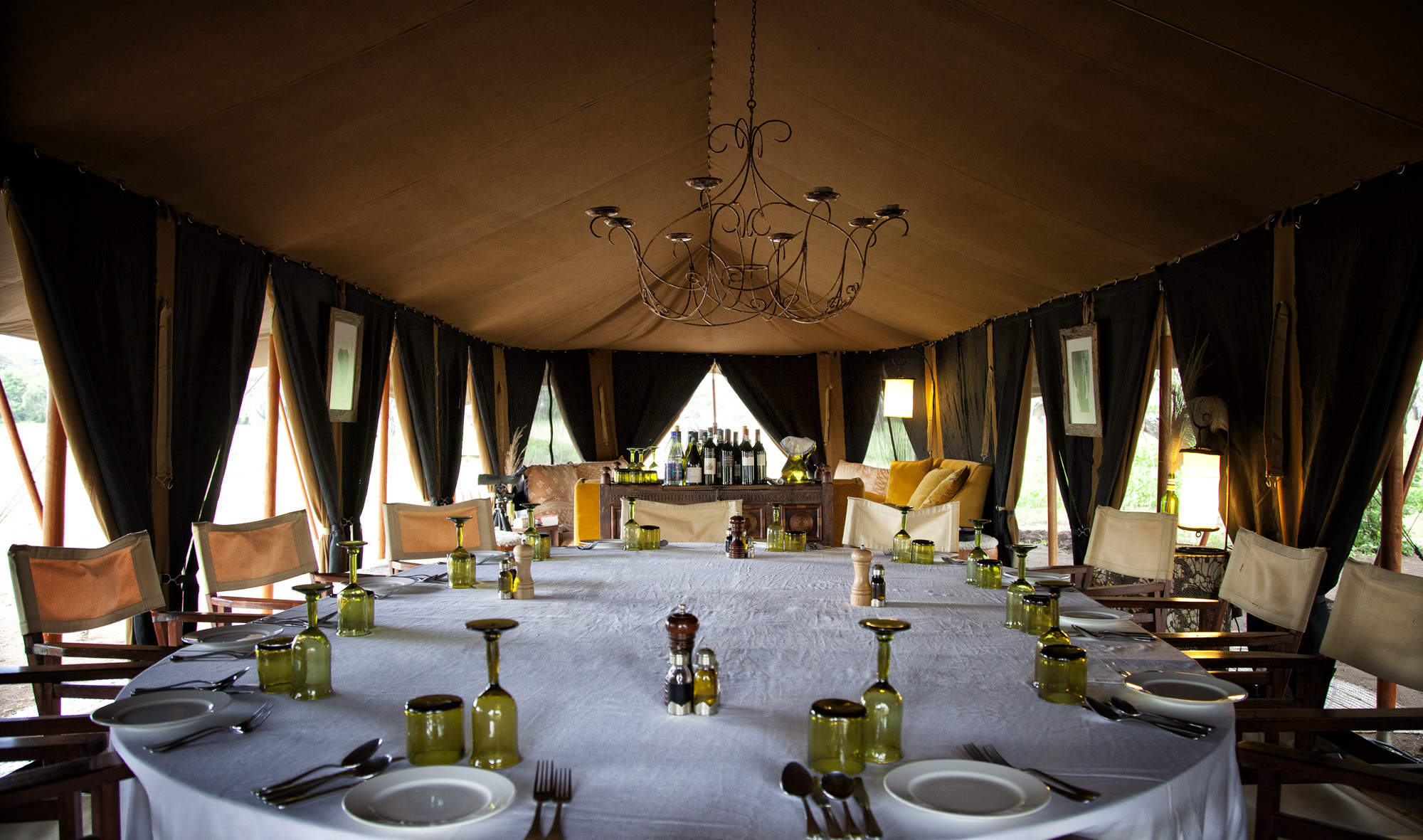
Serian Serengeti
Serian Serengeti is a mobile tented operation run by Alex Walker which moves between two locations following the wildebeest migration.
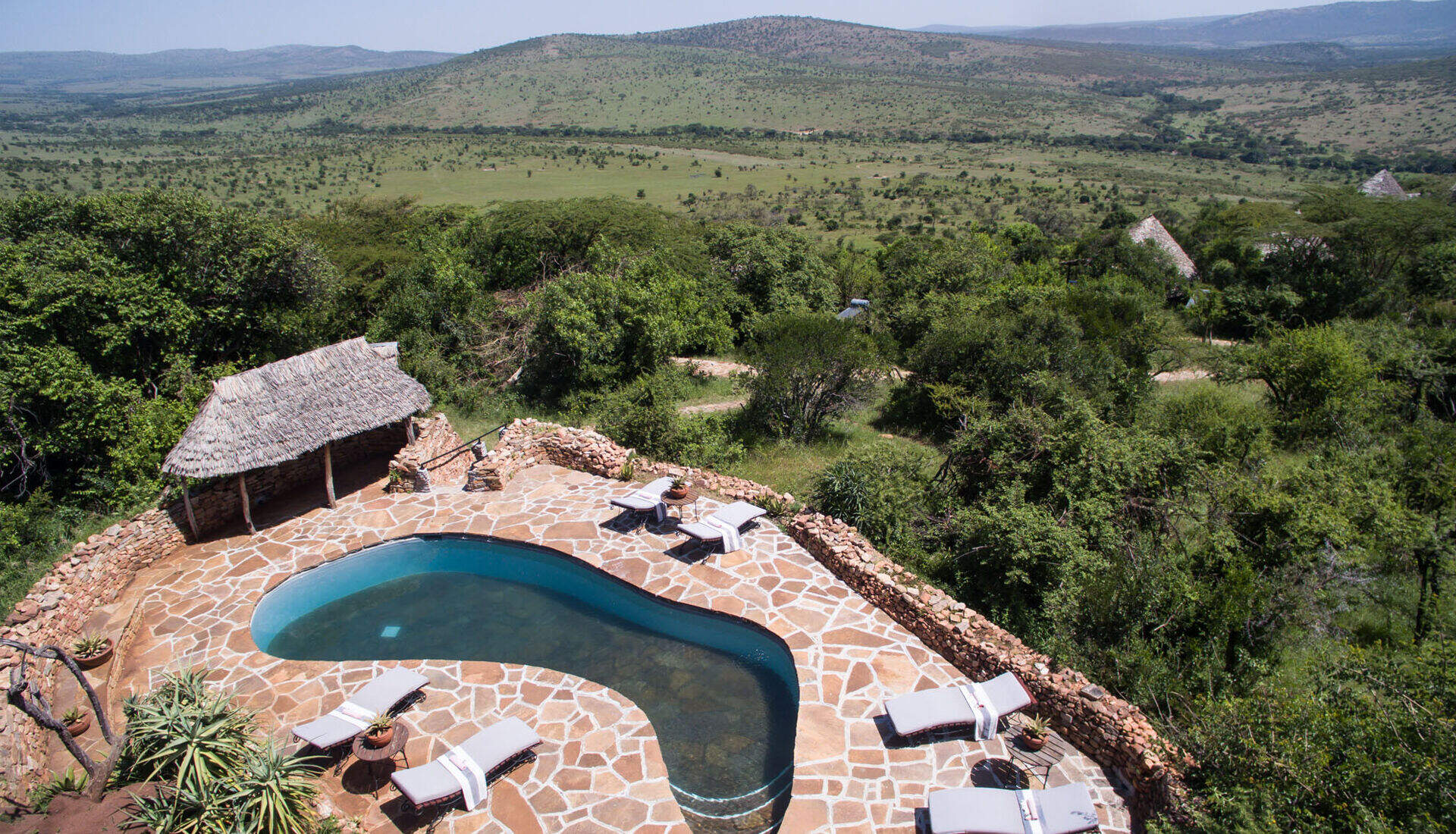
Klein's Camp
Klein's Camp, in a private area of the northern Serengeti, sets high standards. Activities include walks, nights drives and Maasai village visits.
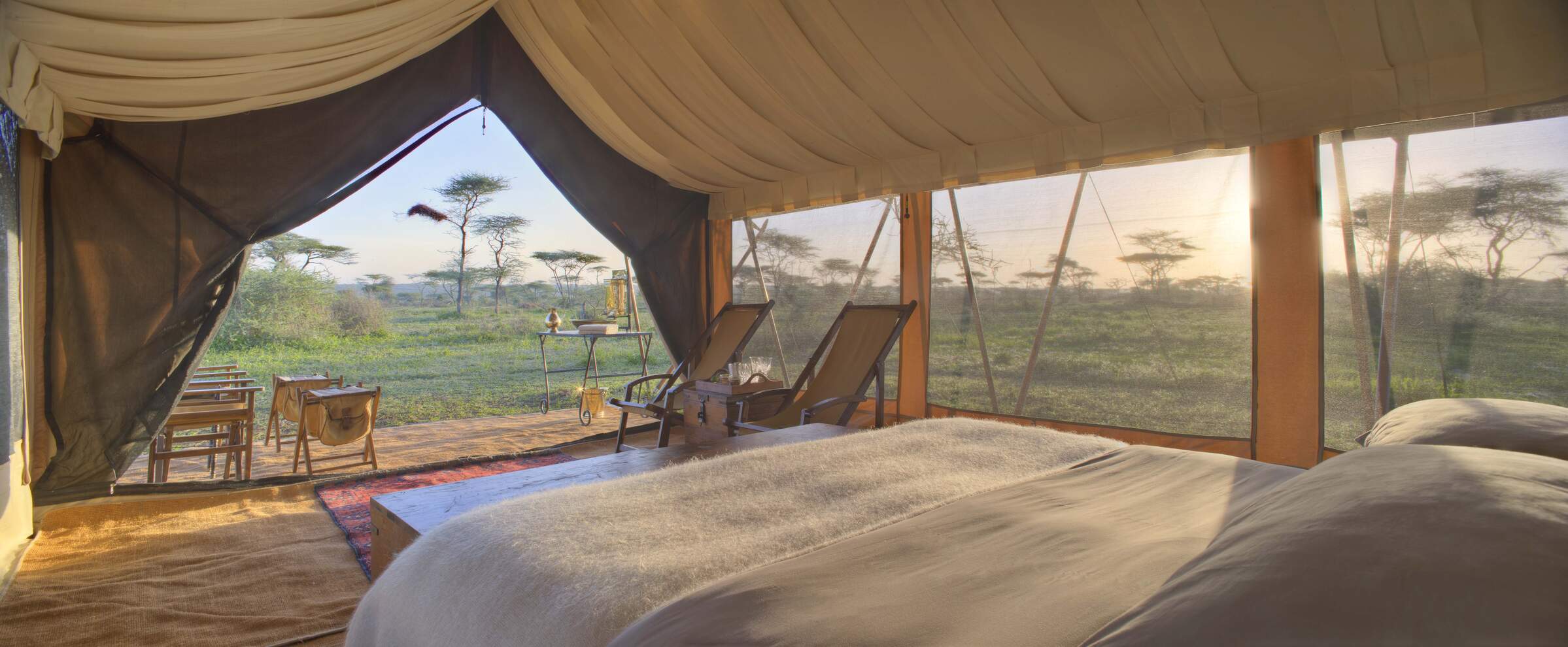
Serengeti under Canvas
Two of the three Serengeti under Canvas camps move through the Serengeti National Park every few months to follow the wildebeest migration.
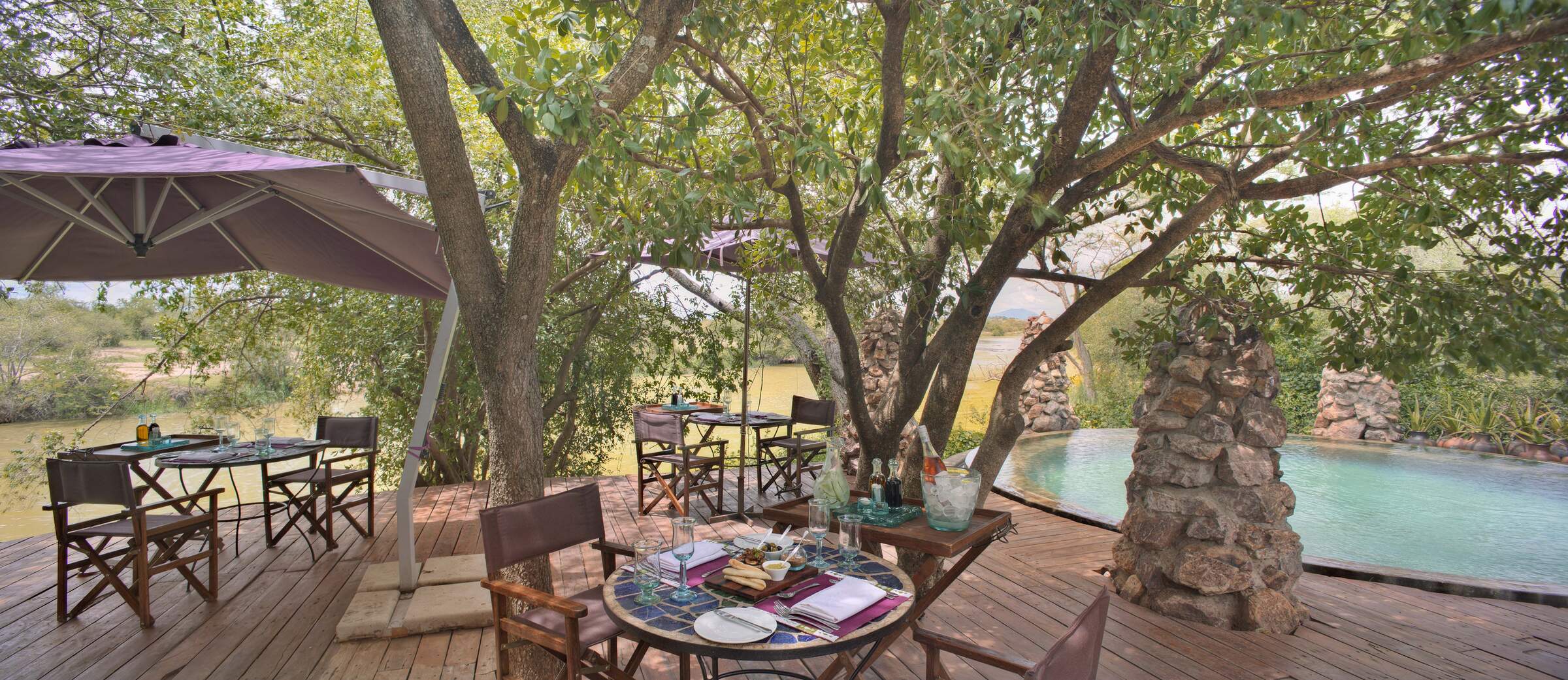
Grumeti River Camp
Grumeti River Camp offers a laid-back atmosphere combined with top service, first-rate food, expert guiding and an excellent location.
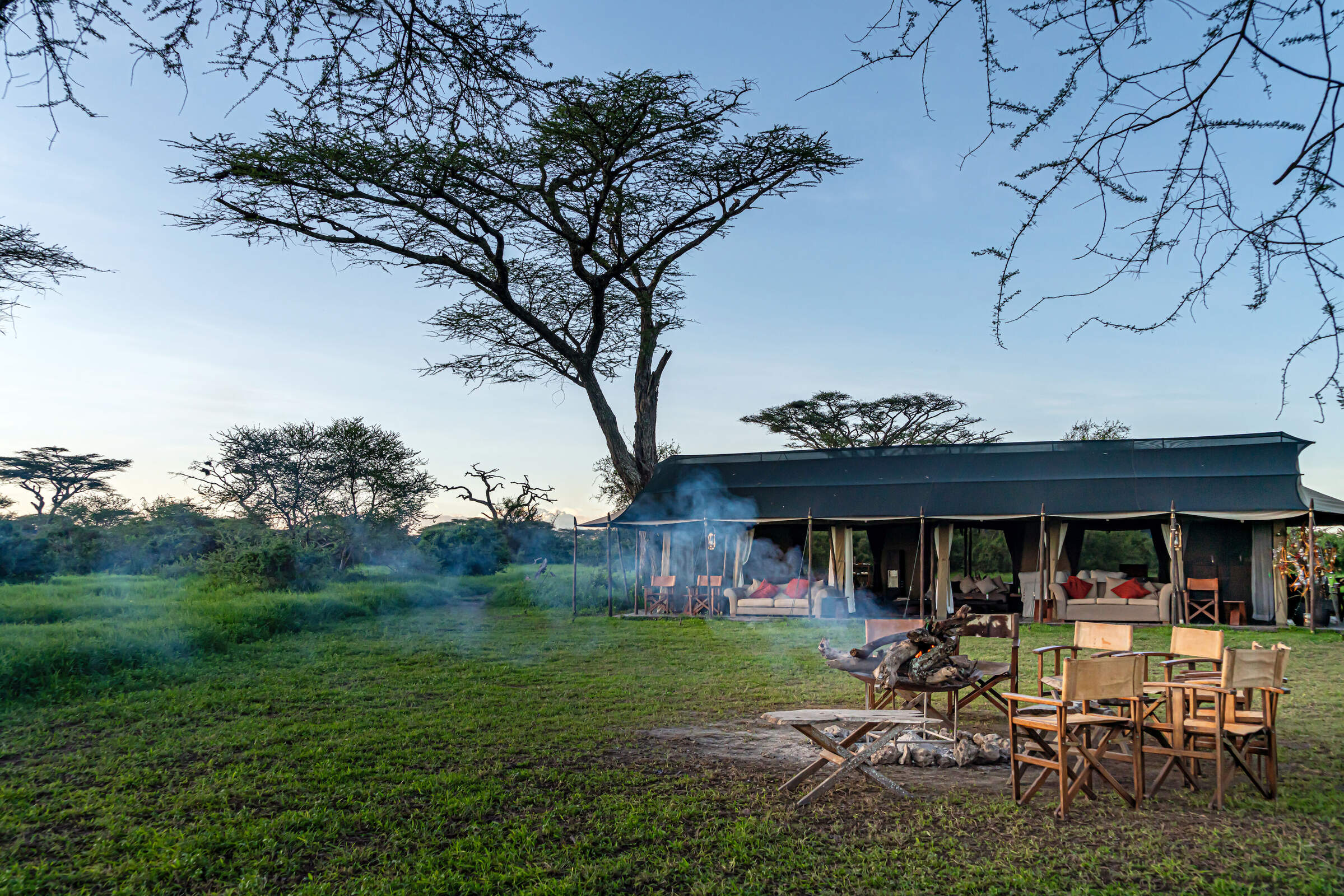
Lemala Mara-Ndutu
Lemala Mara-Ndutu is a semi-permanent camp that moves between the north and south of the Serengeti to witness the wildebeest migration.
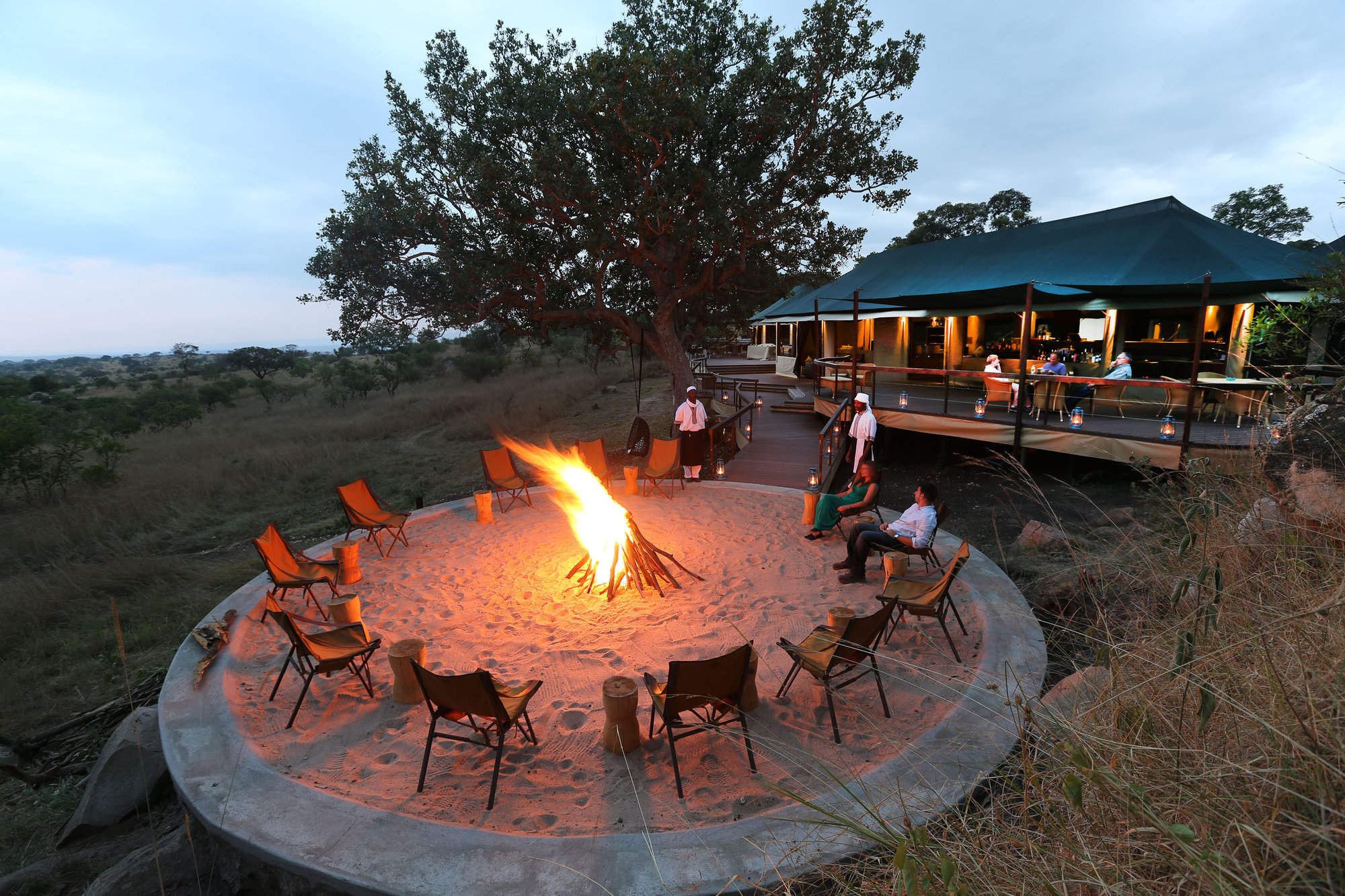
Lemala Kuria Hills
Lemala Kuria Hills is a luxury permanent camp that is ideally located for wildlife all year around, but especially during the wildebeest migration.
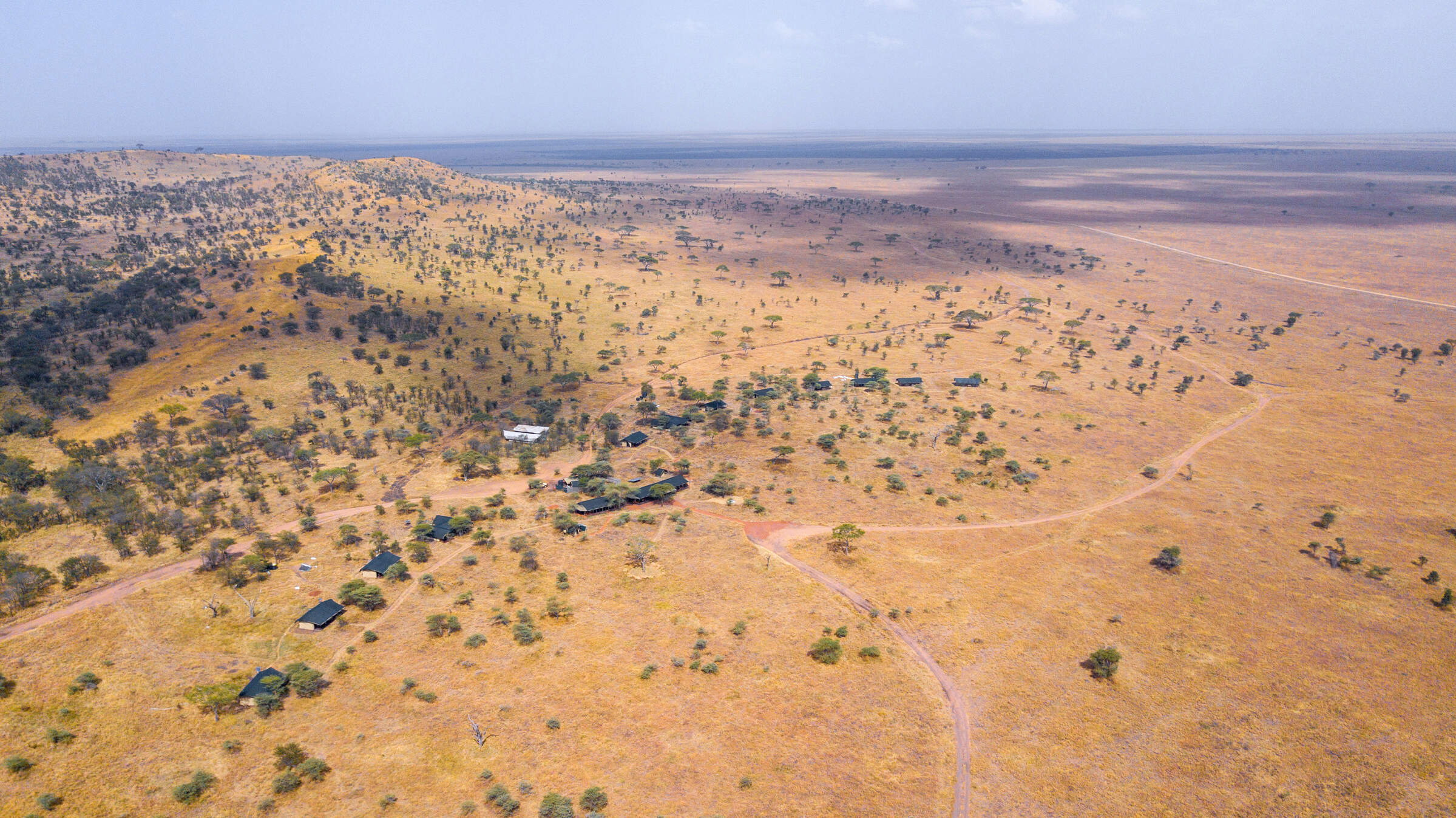
Lemala Ewanjan
Lemala Ewanjan is a comfortable and stylish tented camp in the Seronera area of the central Serengeti National Park.
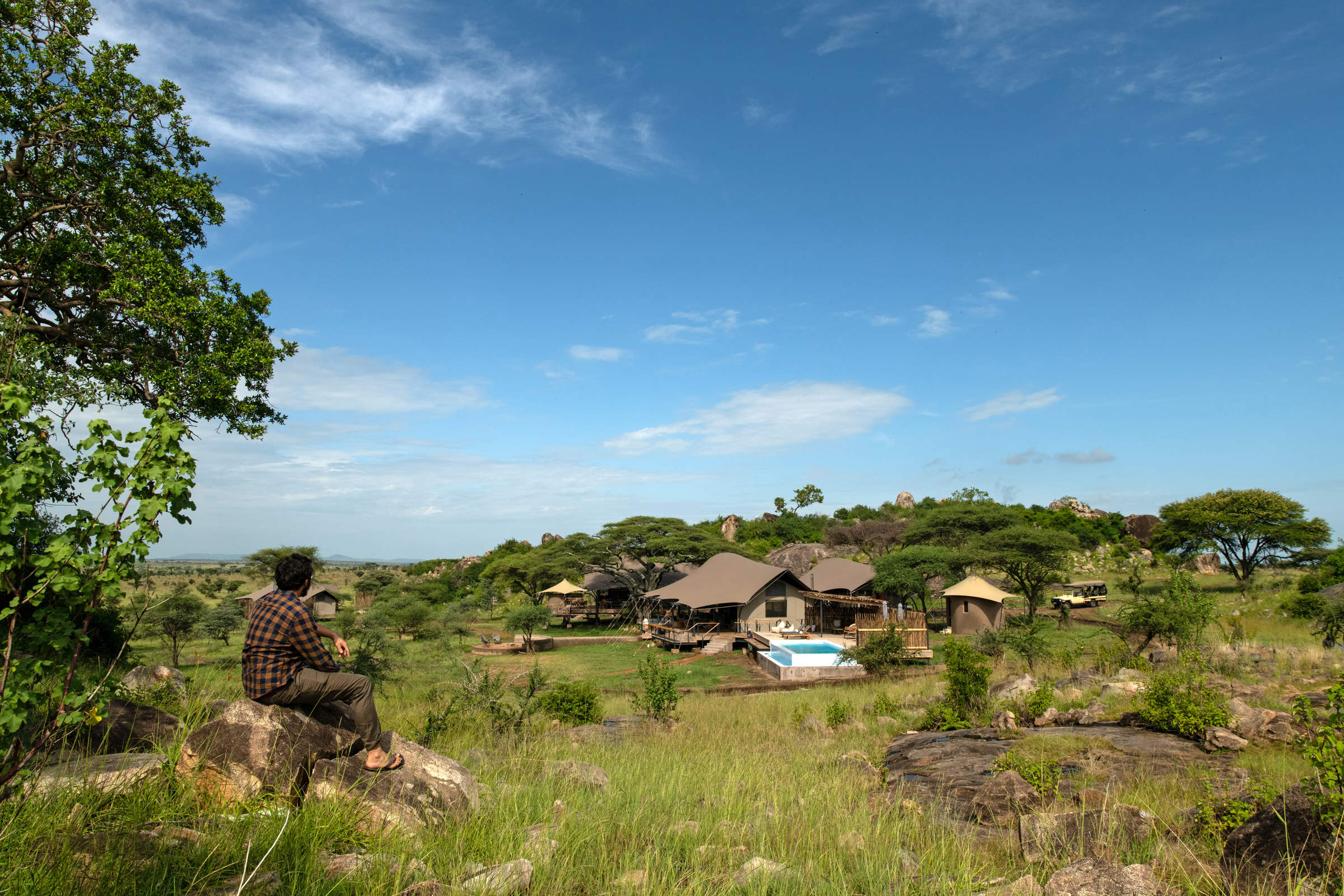
Lemala Nanyukie
Lemala Nanyukie is a stylish camp located in the quieter part of the central Serengeti.
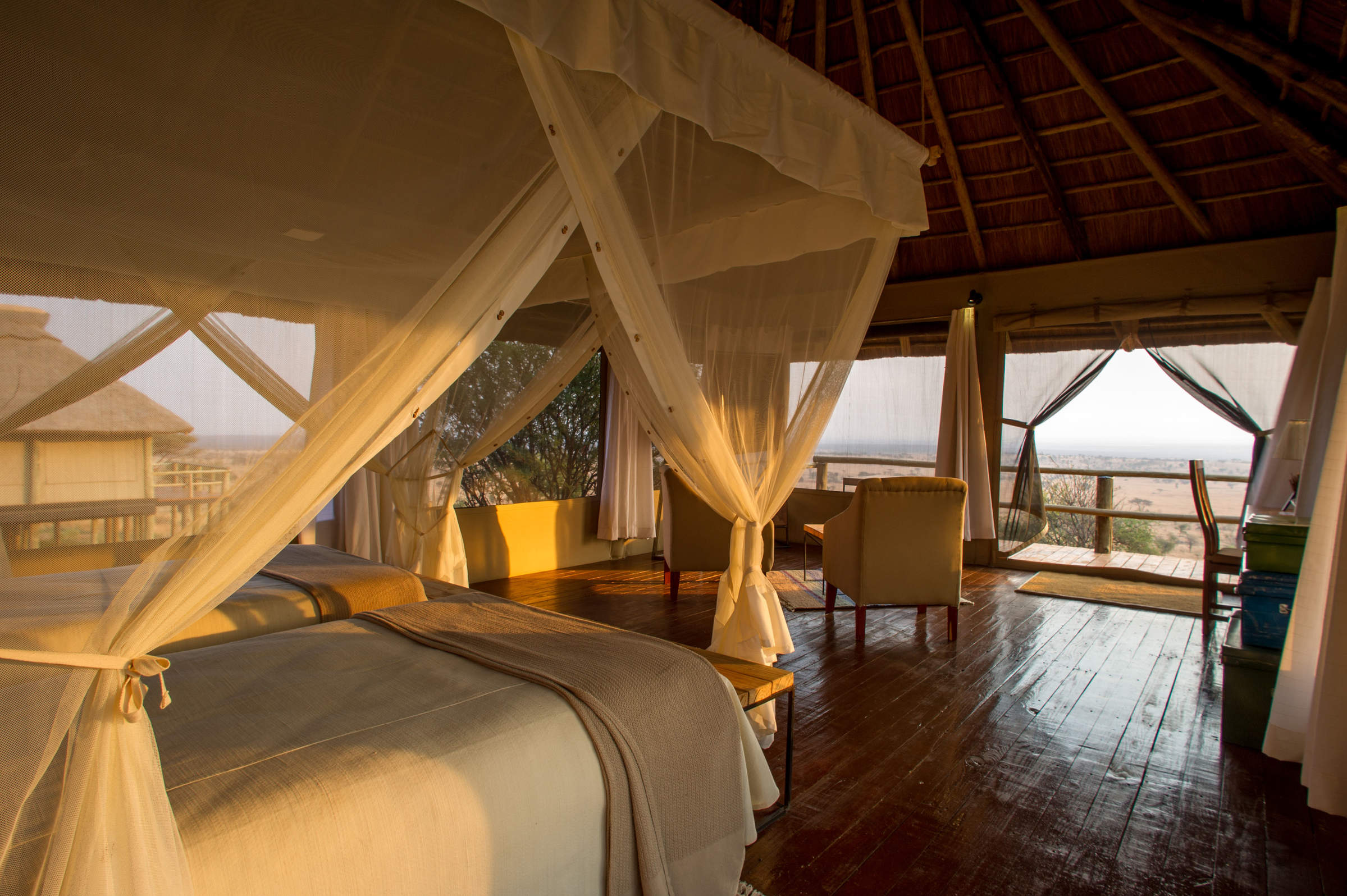
Kubu Kubu
Kubu Kubu is a contemporary, tented lodge, well located in the central Seronera area of the Serengeti National Park.
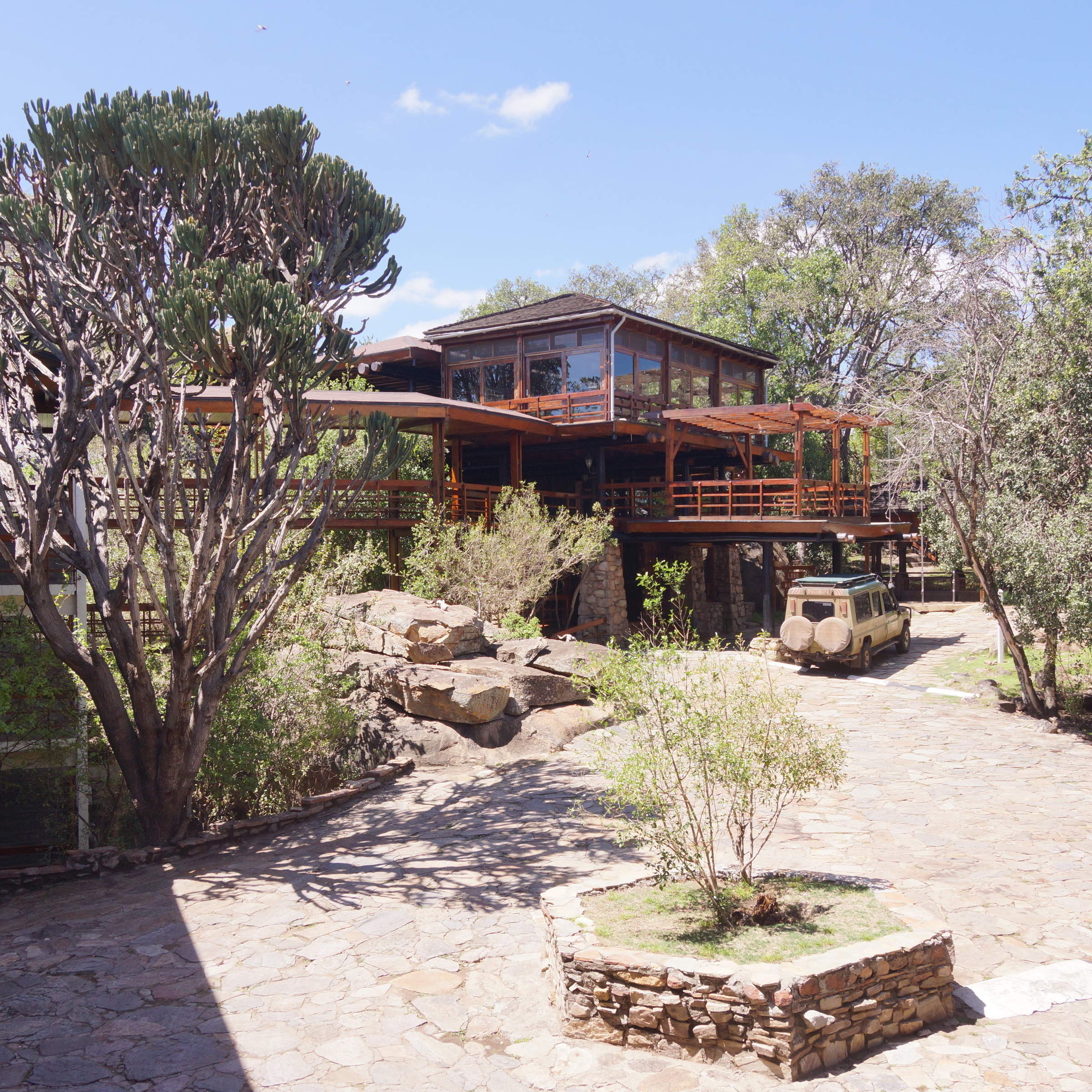
Lobo Wildlife Lodge
The large Lobo Wildlife Lodge has simple, functional rooms in a stunning location. It's a good base for exploring the north-eastern Serengeti.
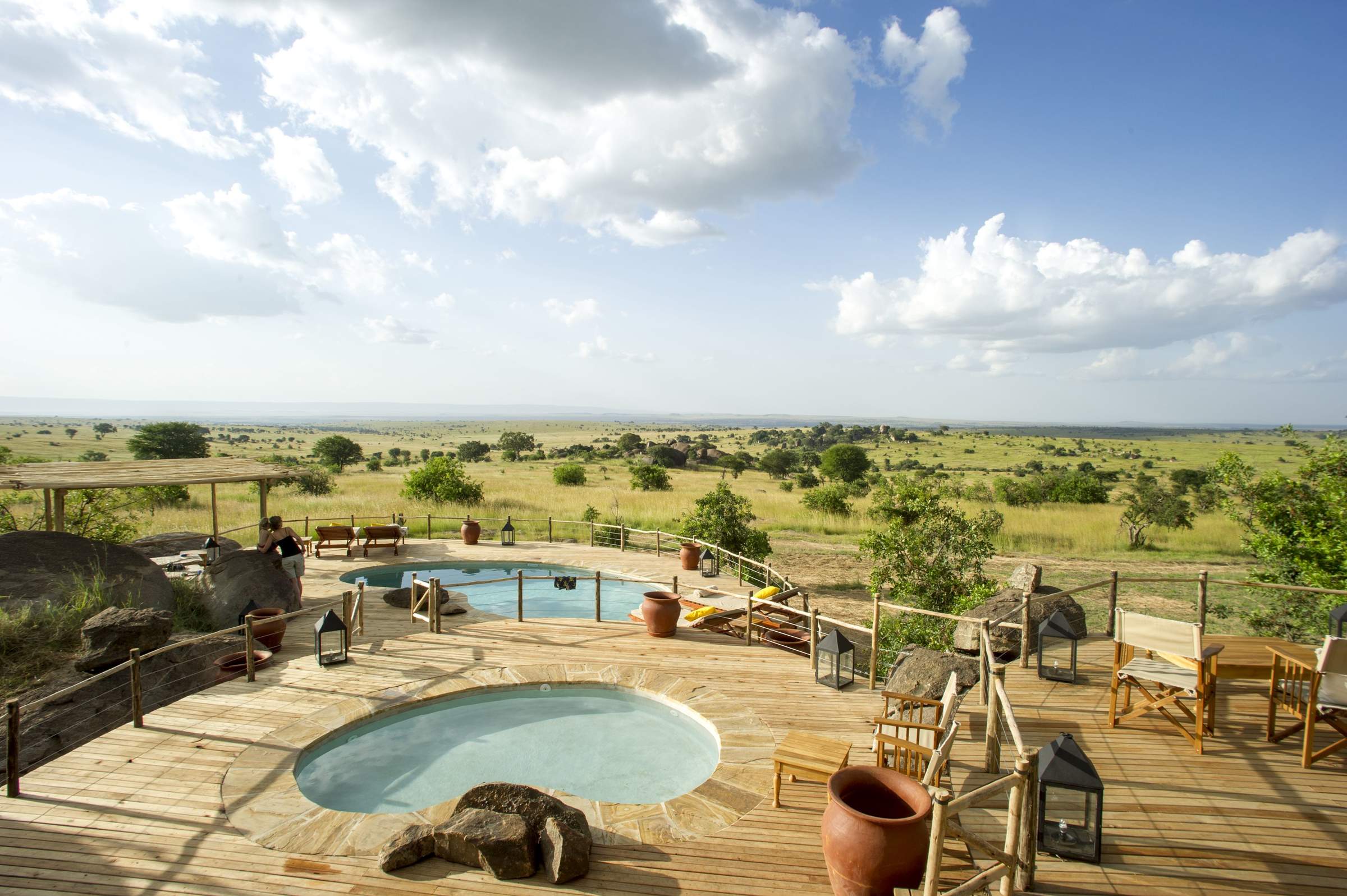
Mkombe's House Lamai
Mkombe's House Lamai is a fully staffed private house in the Wogakuria Kopjes district of Serengeti National Park.
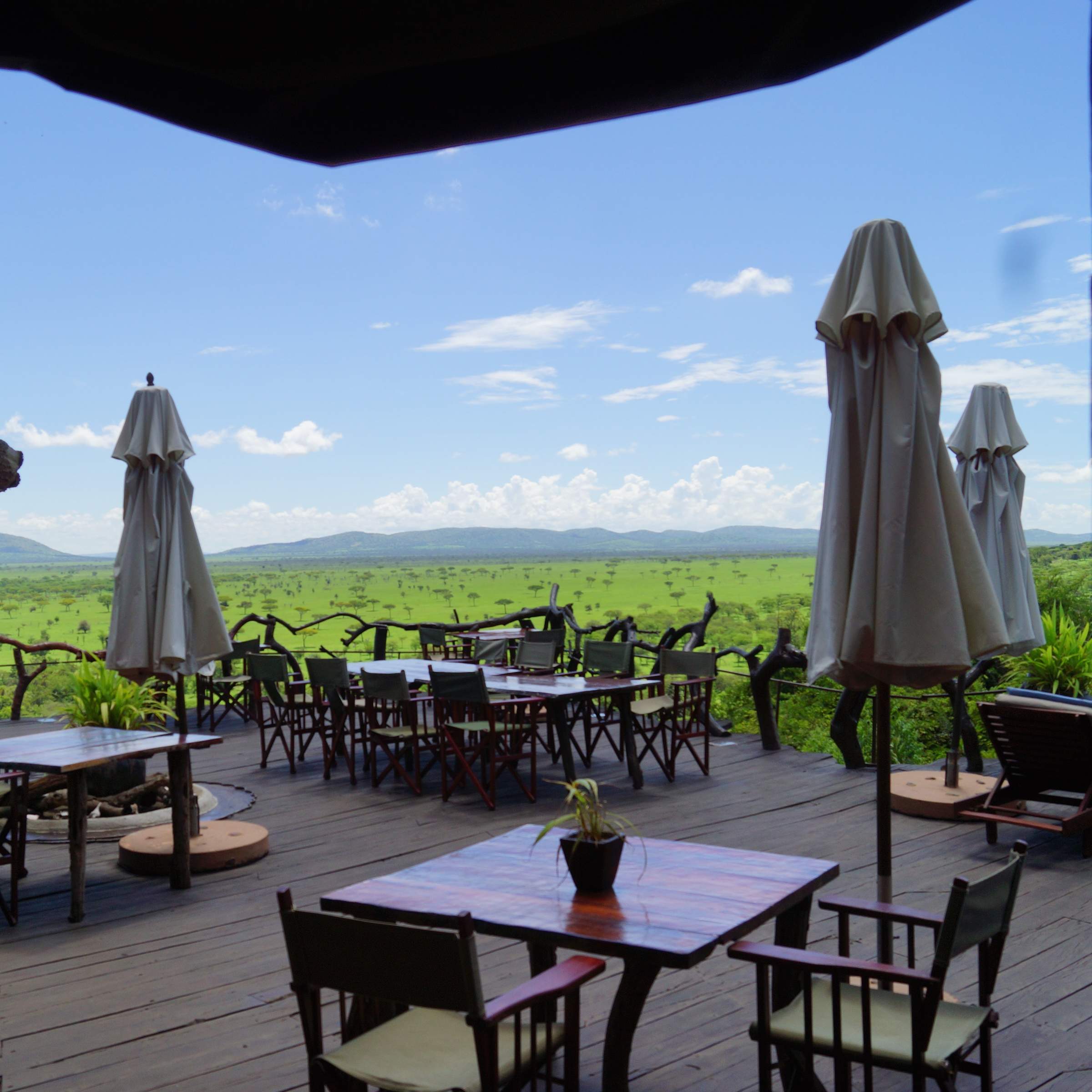
Mbalageti Lodge
Mbalageti is a well-run lodge in a quiet part of the Serengeti's western corridor – an ideal location during the Apr-Jun migration.
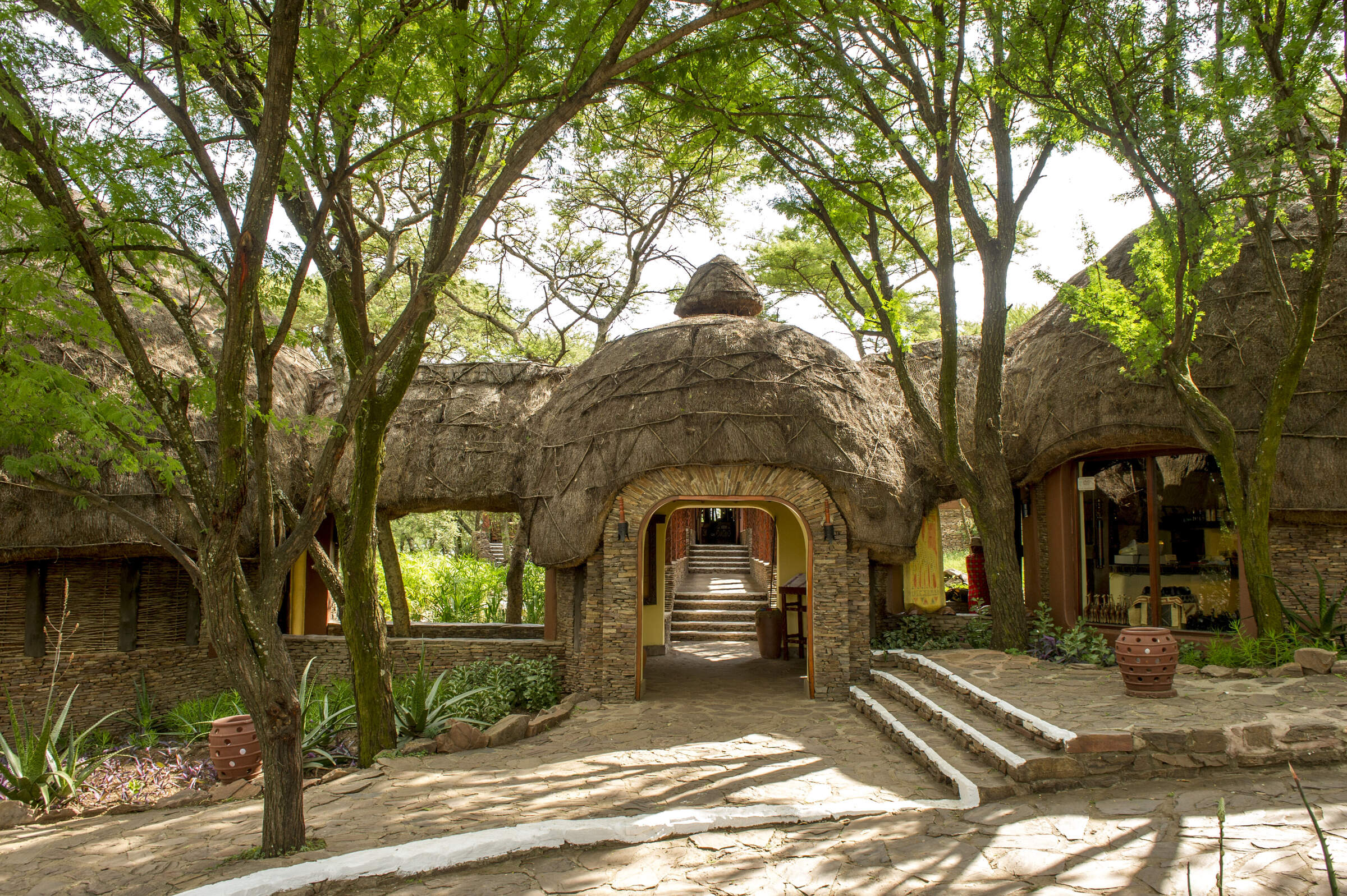
Serengeti Serena
The Serengeti Serena Safari Lodge is a large, hotel-style lodge and a good family-friendly base from which to explore the central Serengeti.
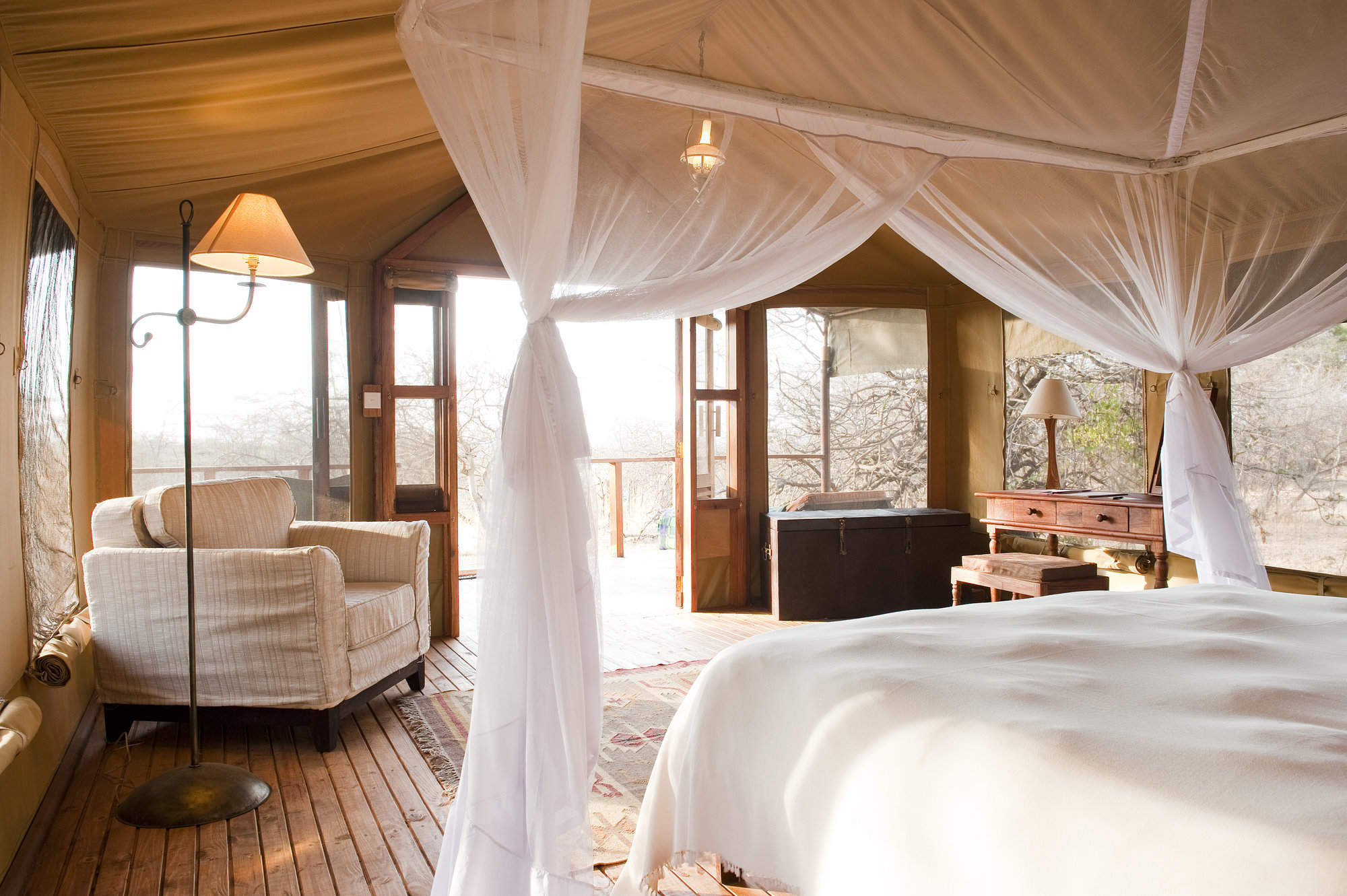
Kusini Camp
Kusini Camp is permanent, luxury camp located on a beautiful kopje in a quiet, wildlife-rich corner of the south-west Serengeti.
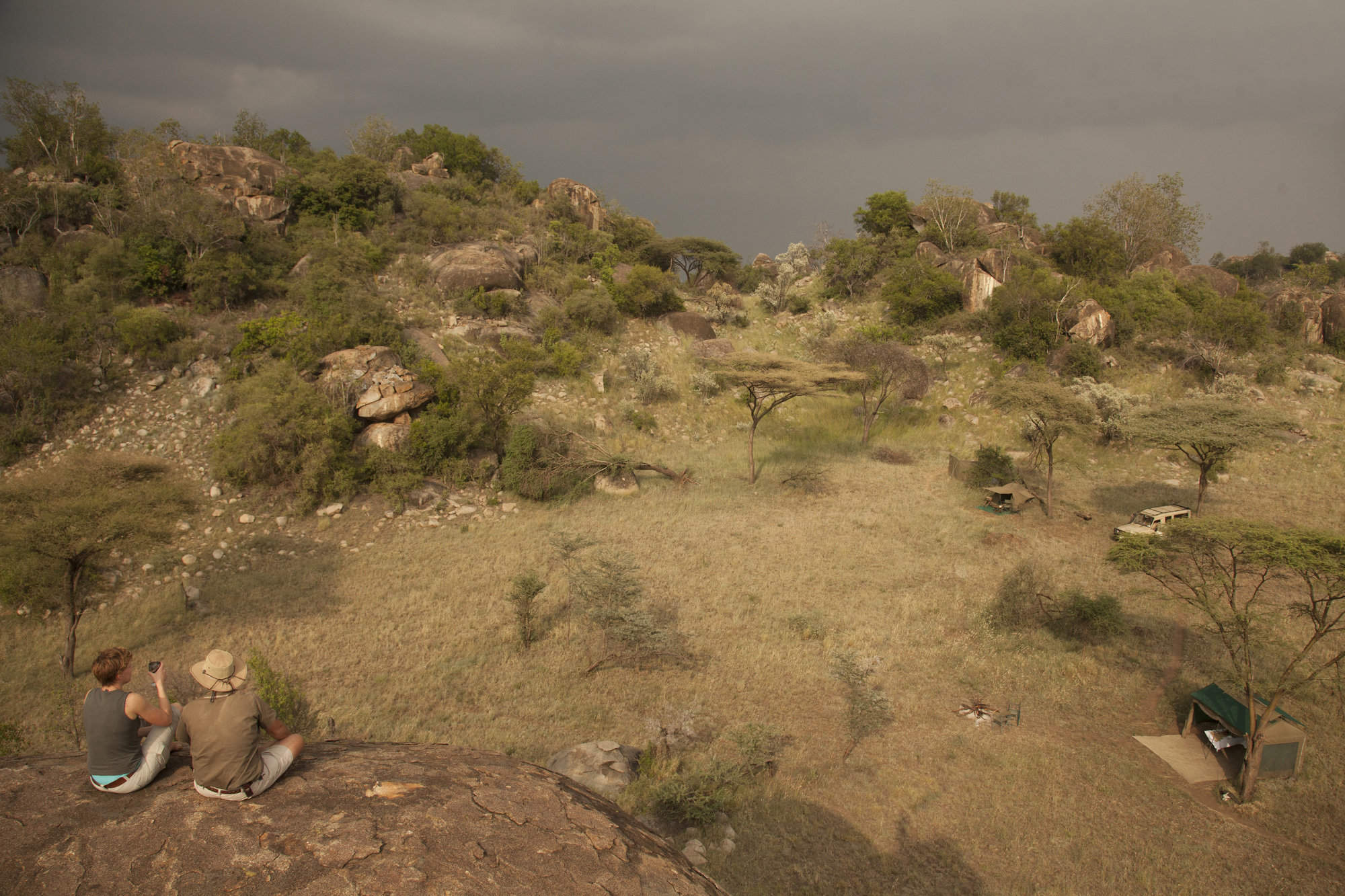
Serengeti Walking Mobile
This fairly simple camp offers only walking activities, but it's very well done and combines well with more conventional camps or lodges.
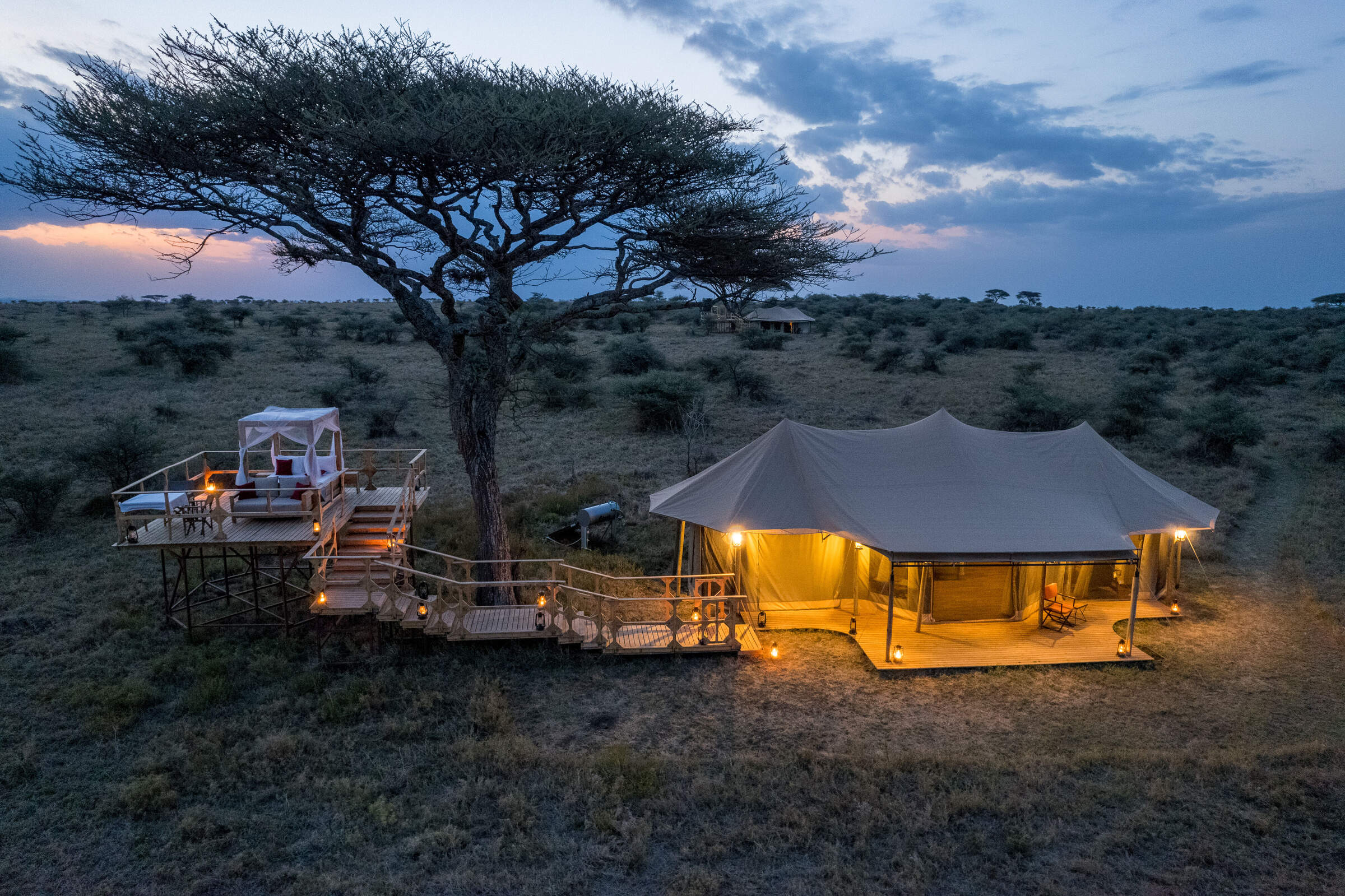
Olmara Camp
With just eight guest tents, including two family tents and three signature stargazer tents, Olmara is a simple, family-friendly camp with a wonderfully attentive team. The camp captures an authentic bush experience, welcoming travellers of every kind.
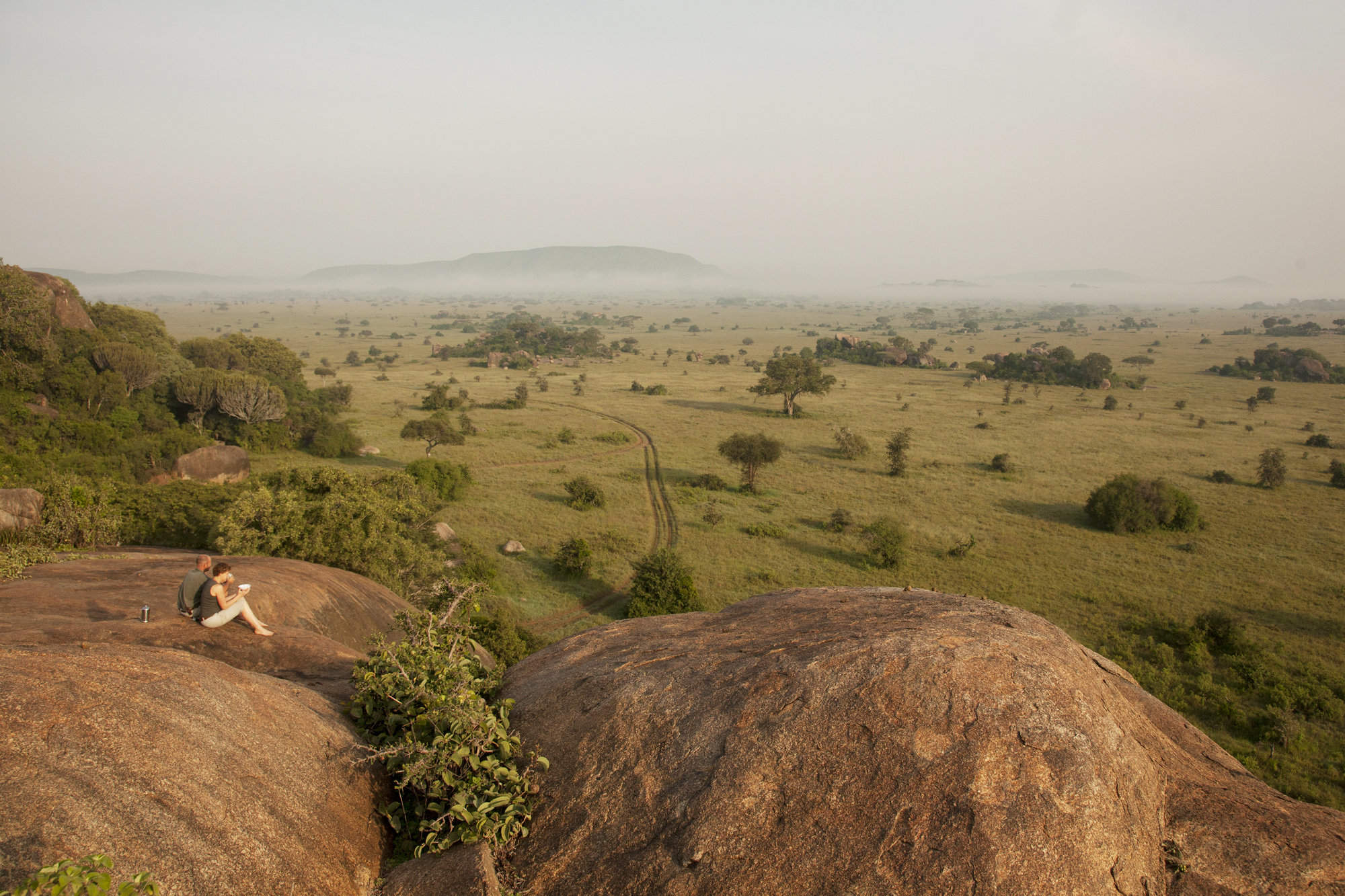
Serengeti Green Camp
Serengeti Green Camp is a comfortable camping experience, in your own private safari camp and at the heart of a great wildlife area.
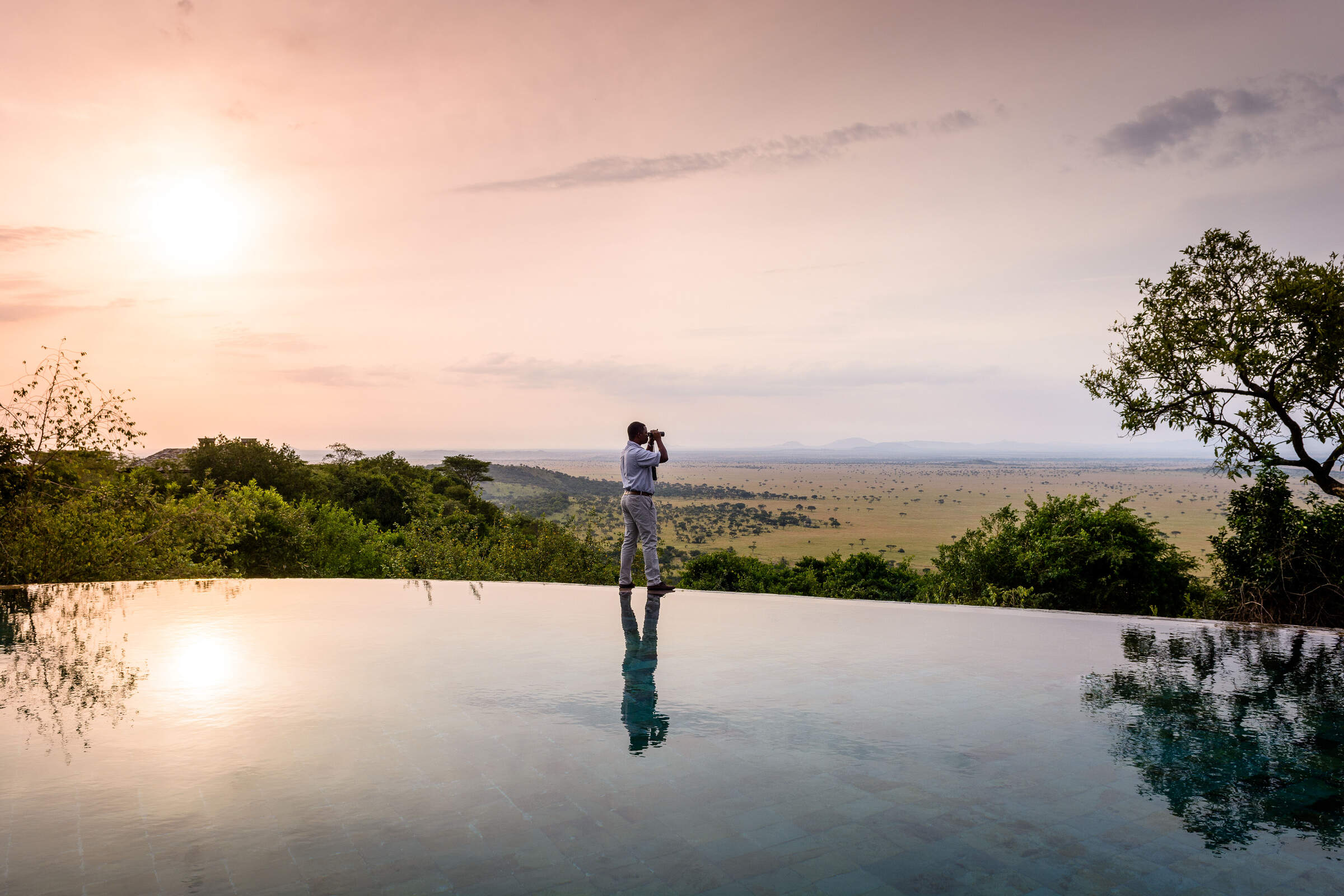
Sasakwa Lodge
On a hill looking over the Serengeti plains, Sasakwa Lodge is grand, luxurious safari camp, one of the most opulent properties in Tanzania.
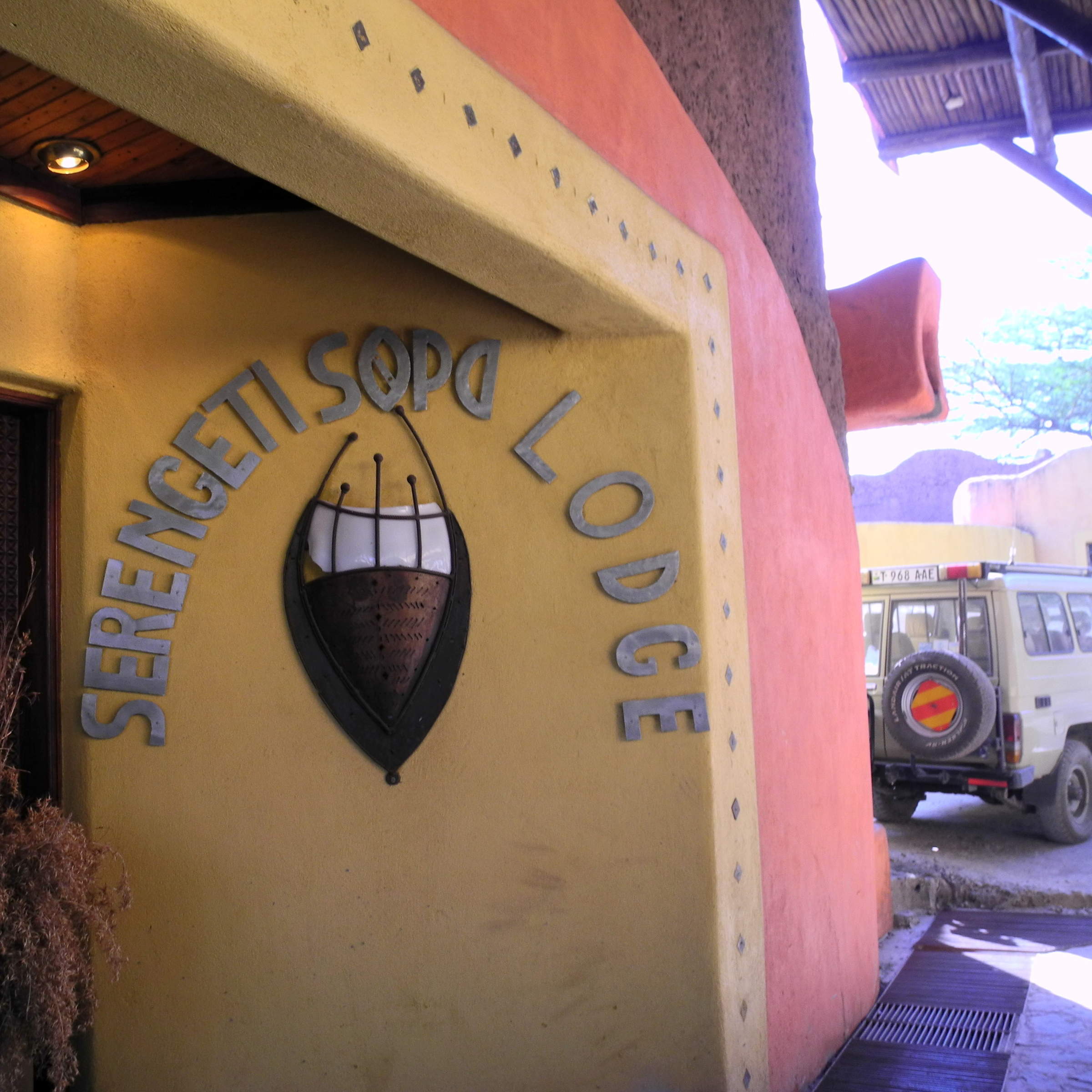
Serengeti Sopa Lodge
Serengeti Sopa Lodge is an international-style hotel offering good-value accommodation in the central Serengeti, with lovely views of the plains.
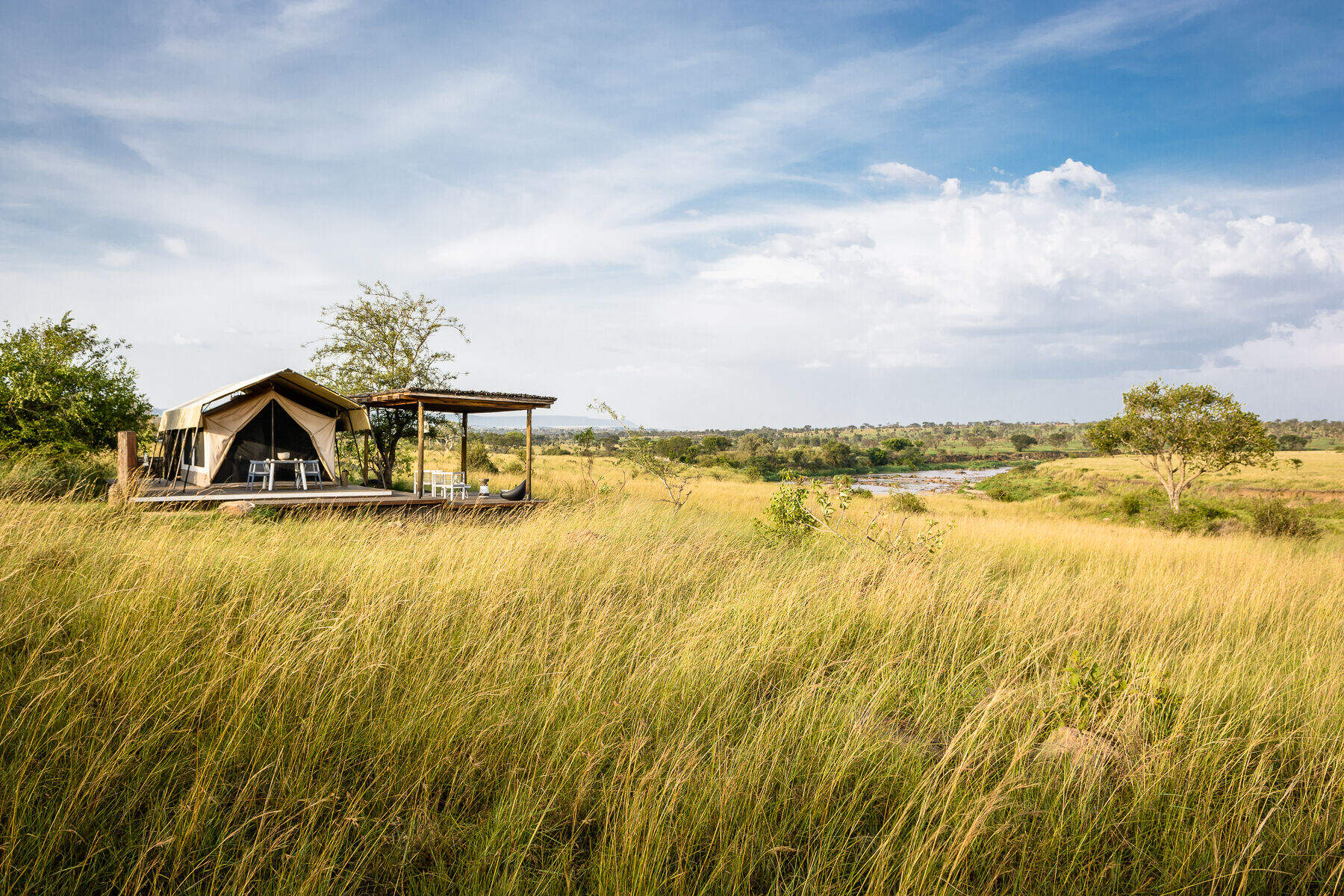
Singita Mara River
Singita Mara River Tented Camp is a luxurious camp in the isolated and rewarding Lamai wedge region of the northern Serengeti.
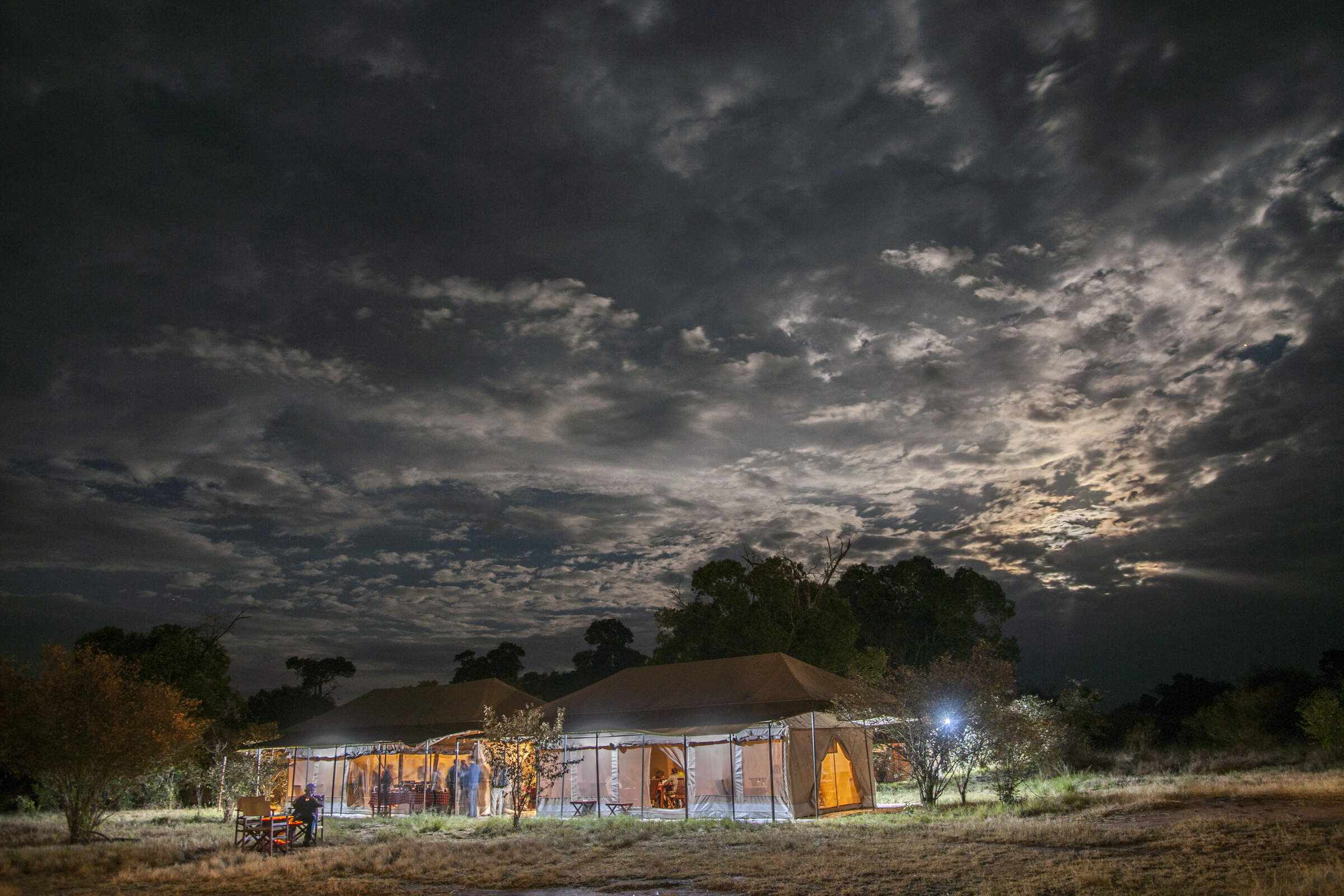
Migration Camp
Serengeti Migration Camp is a smart tented camp, good for the wildebeest migration from Jul–Aug, or to explore the Lobo Kopjes any time.
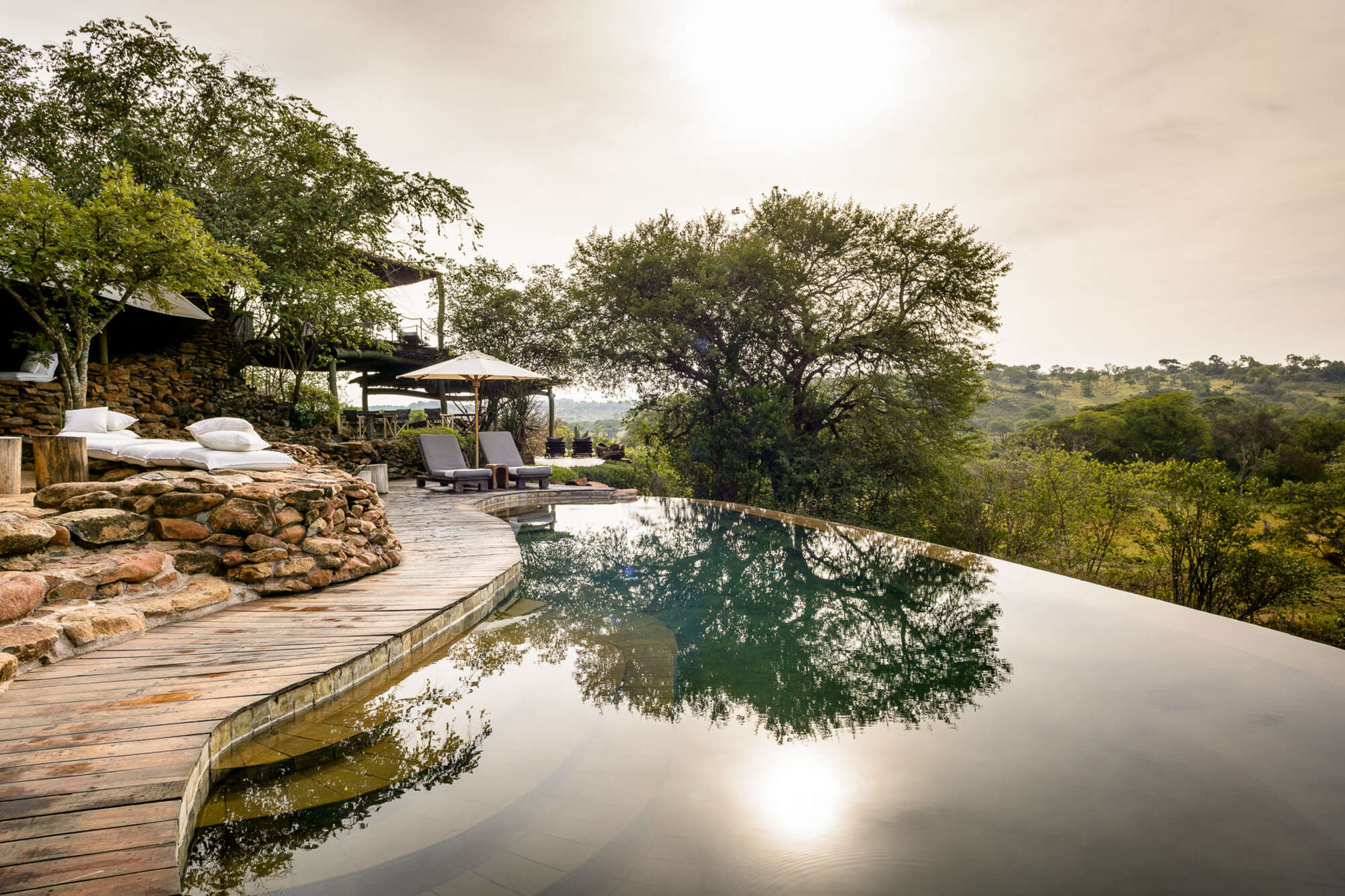
Faru Faru Lodge
On the north bank of the Grumeti River, Faru Faru is a small, chic hideaway in this exclusive corner of the Serengeti.
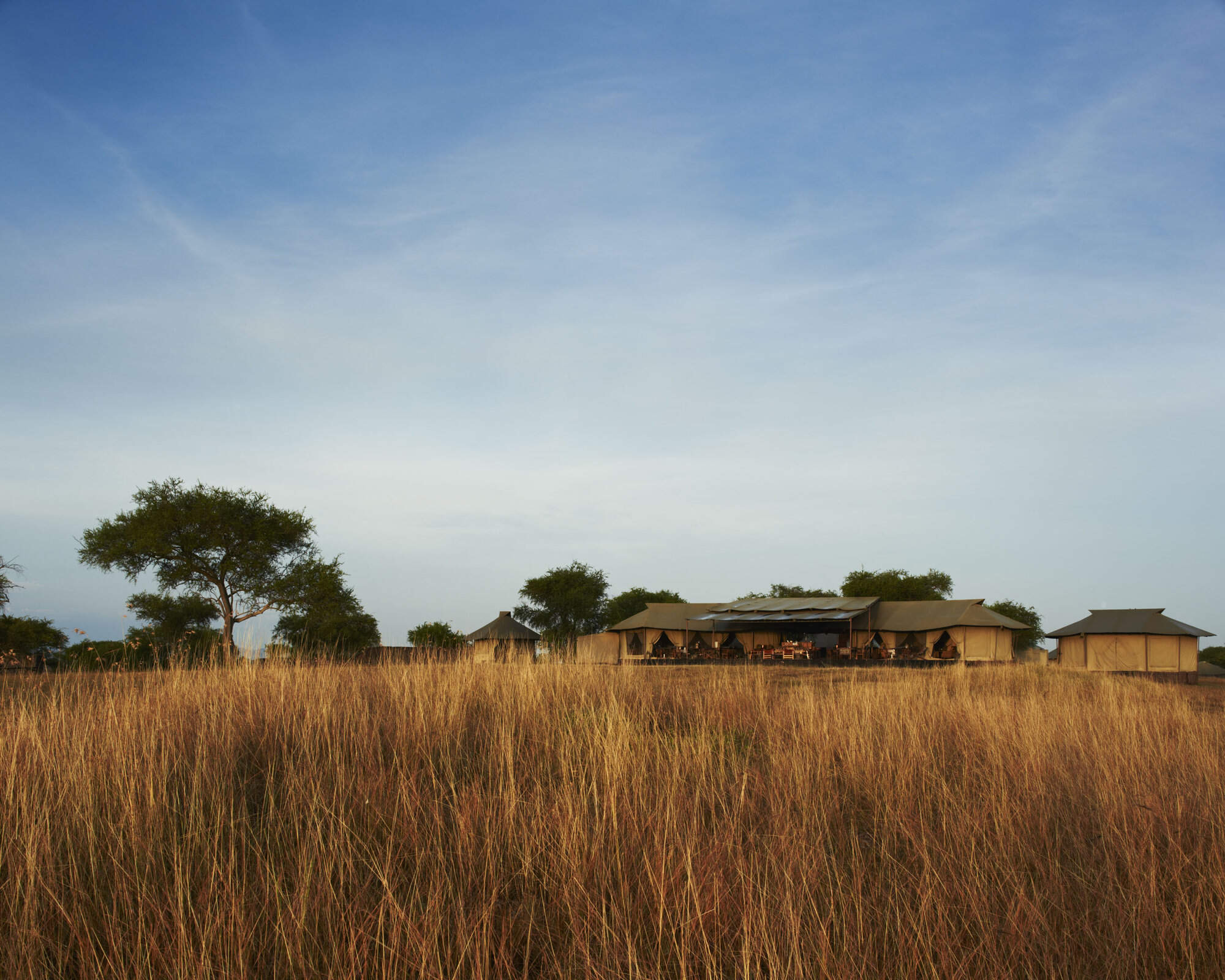
Sabora Tented Camp
Sabora Tented Camp is a smart tented camp – one of the most luxurious, professional and stylish properties to be found in Tanzania.
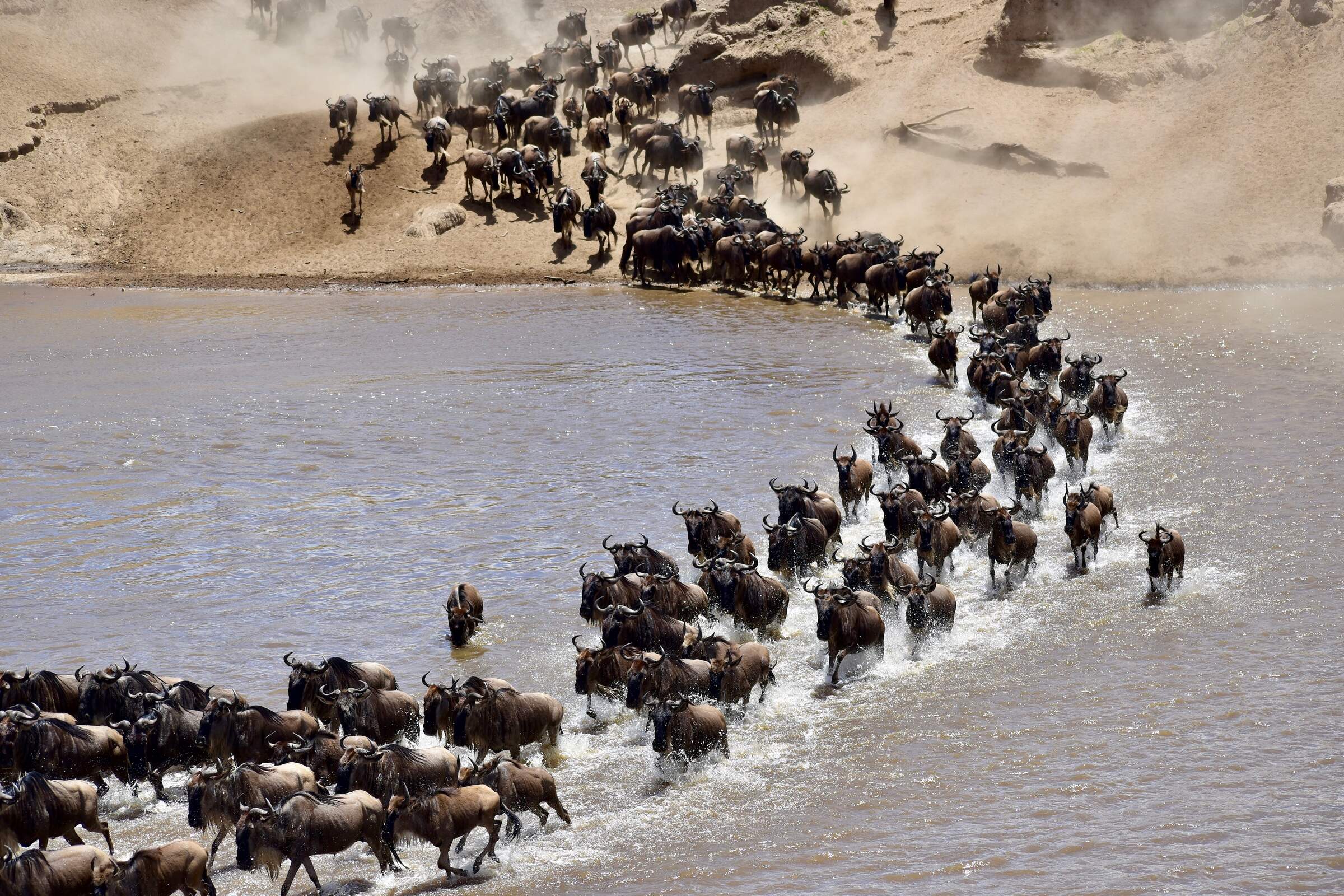
Kirurumu Migration Camp
Kirurumu is a rustic tented camp which moves around the Serengeti twice a year to follow the wildebeest migration.

Four Seasons Serengeti
The Four Seasons Safari Lodge is the only hotel in the Serengeti offering international facilities such as a gym, spa and children’s club.
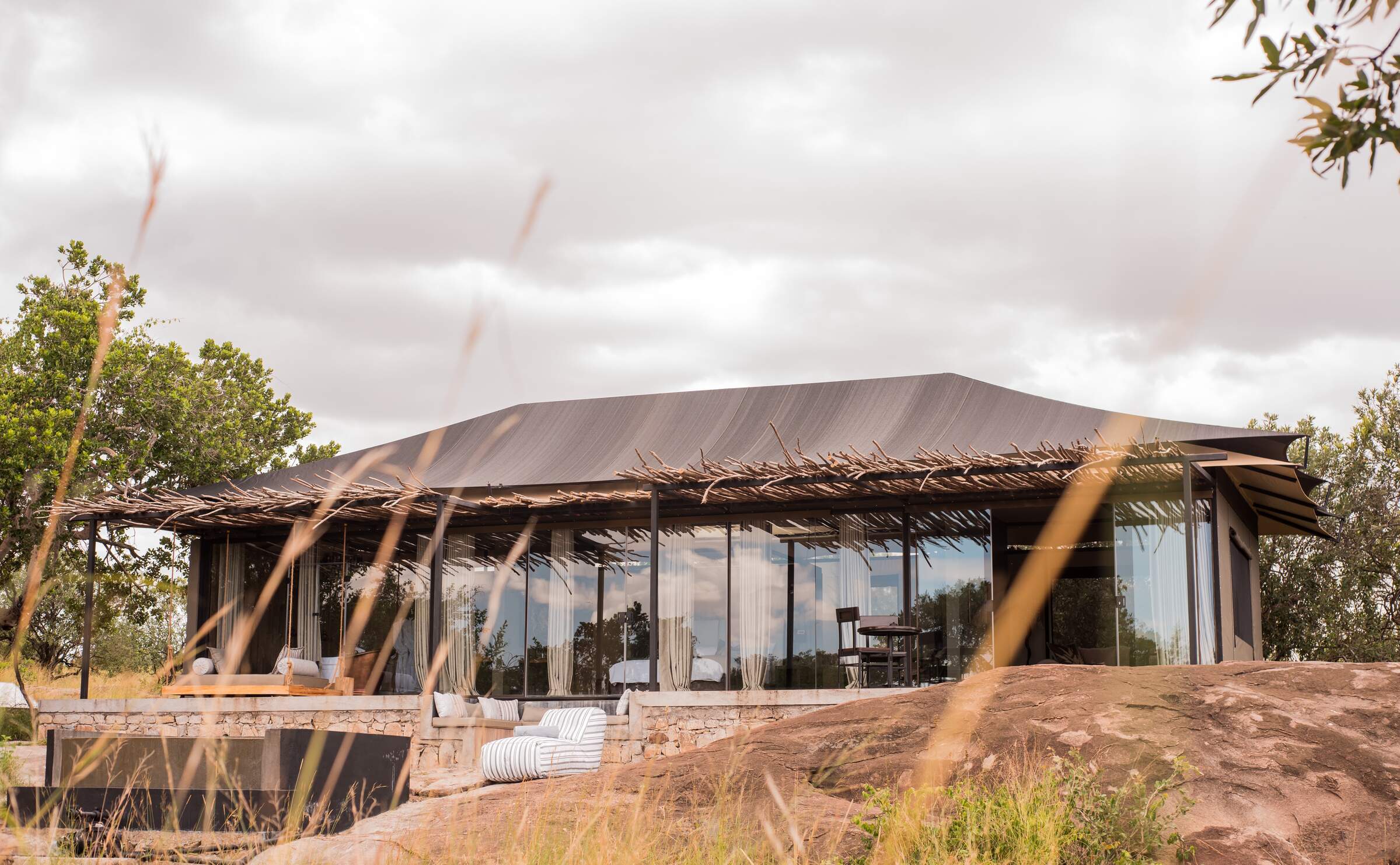
Nimali Mara
Nimali Mara is a luxurious safari lodge in a quiet region of the northern Serengeti with good access to the wildebeest migration.
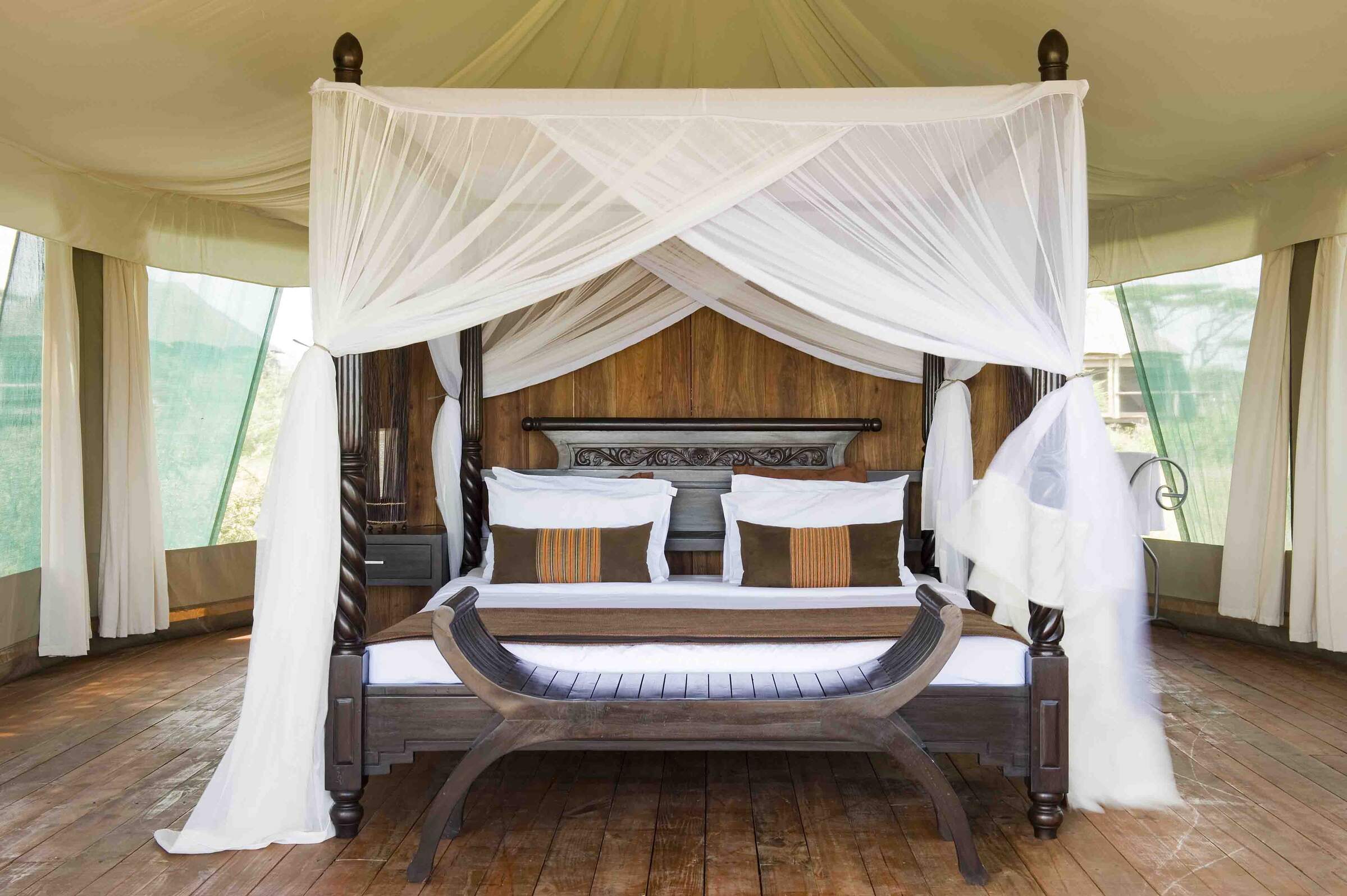
Lake Masek Tented Camp
Ideally located for the wildebeest migration from Dec–Apr, Lake Masek Tented Camp is a good, mid-market safari camp.
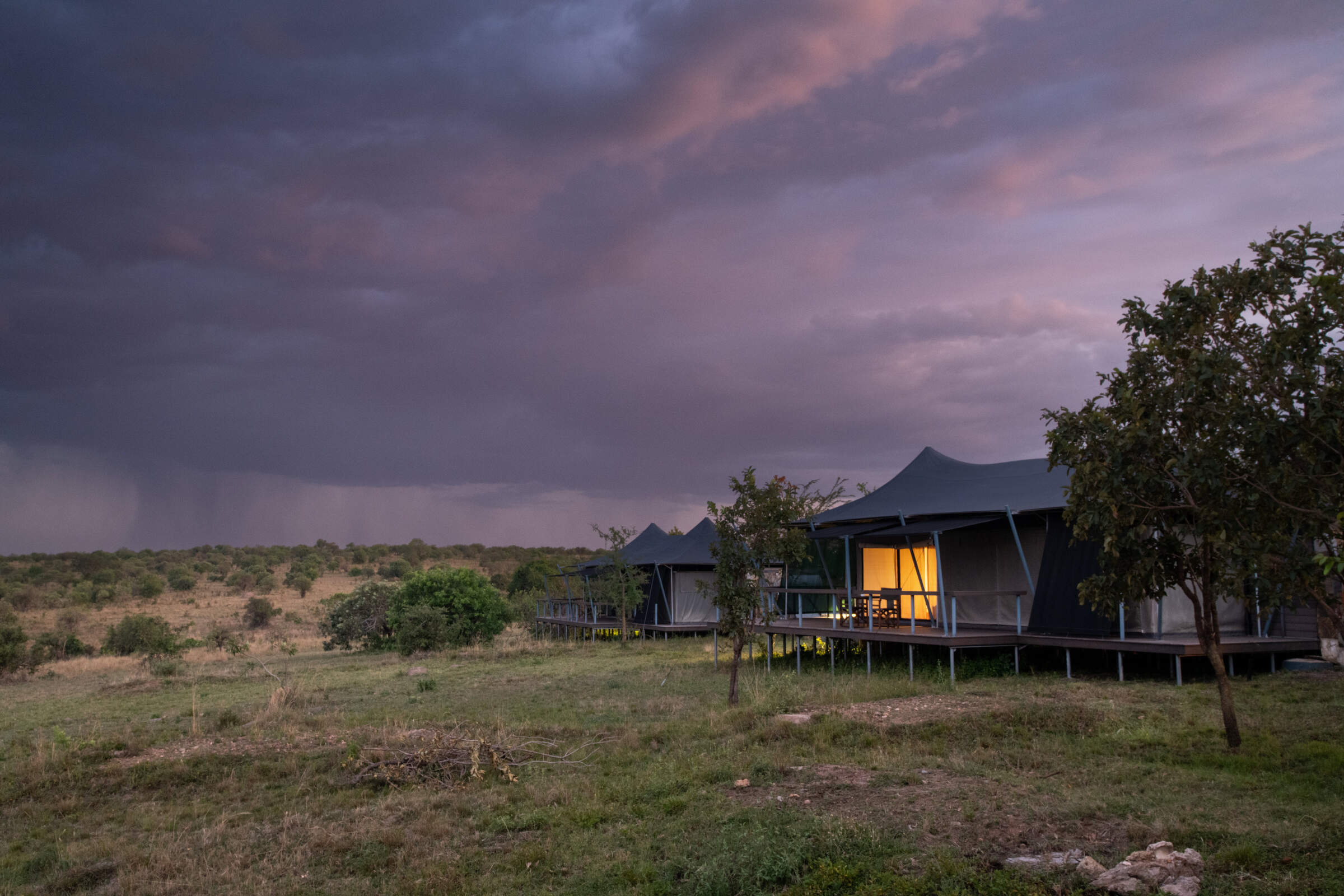
Mara Mara
Mara Mara is a smart tented camp in the northern Serengeti, situated on a small hill close to the Mara River.
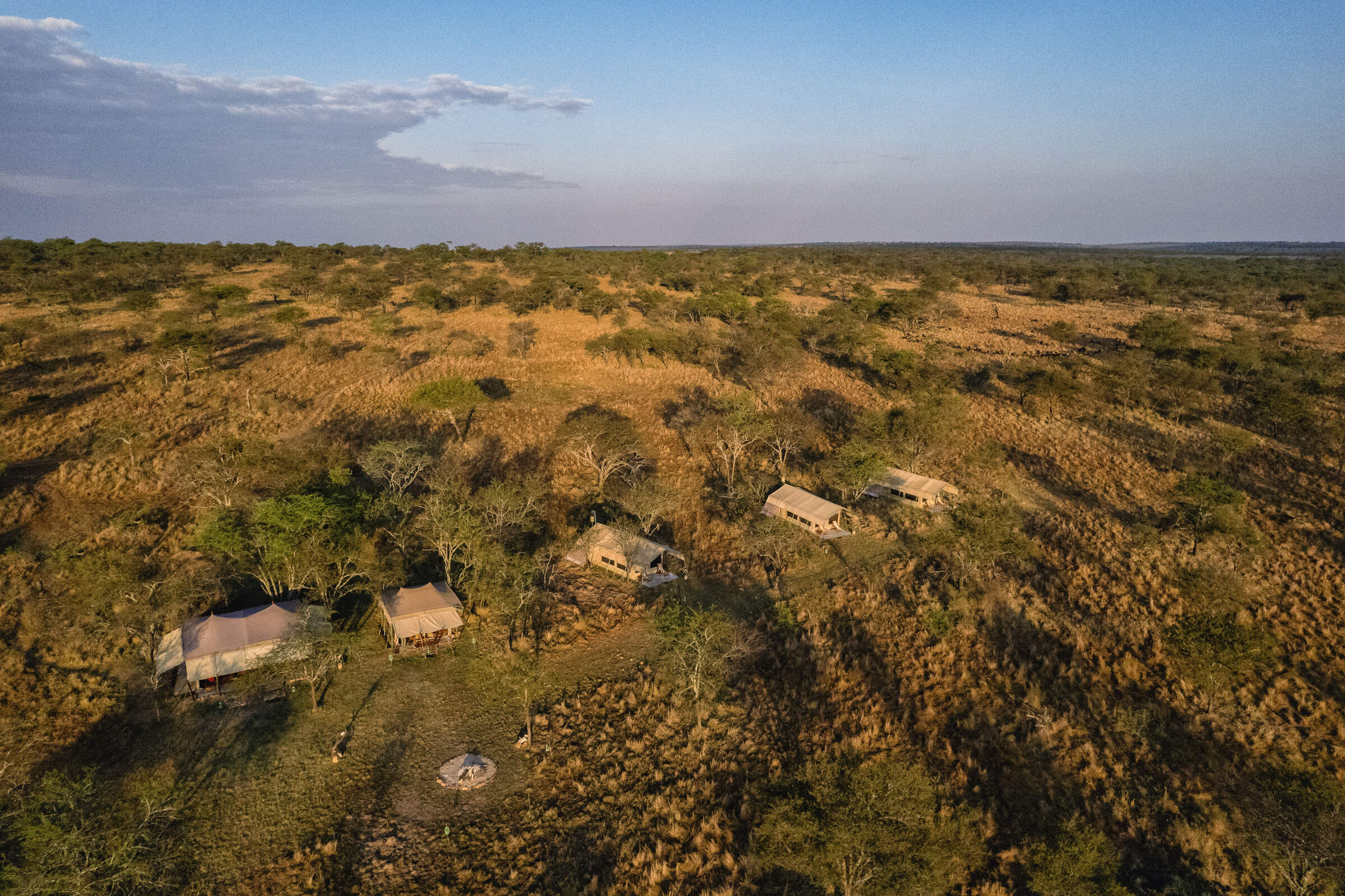
Esirai Migration Camp
A season migration camp, with only 8 tents and 1 family tent and plenty of character. Esirai is ideally placed for excellent wildlife and enjoys a simplistic and comfortable under-canvas experience.
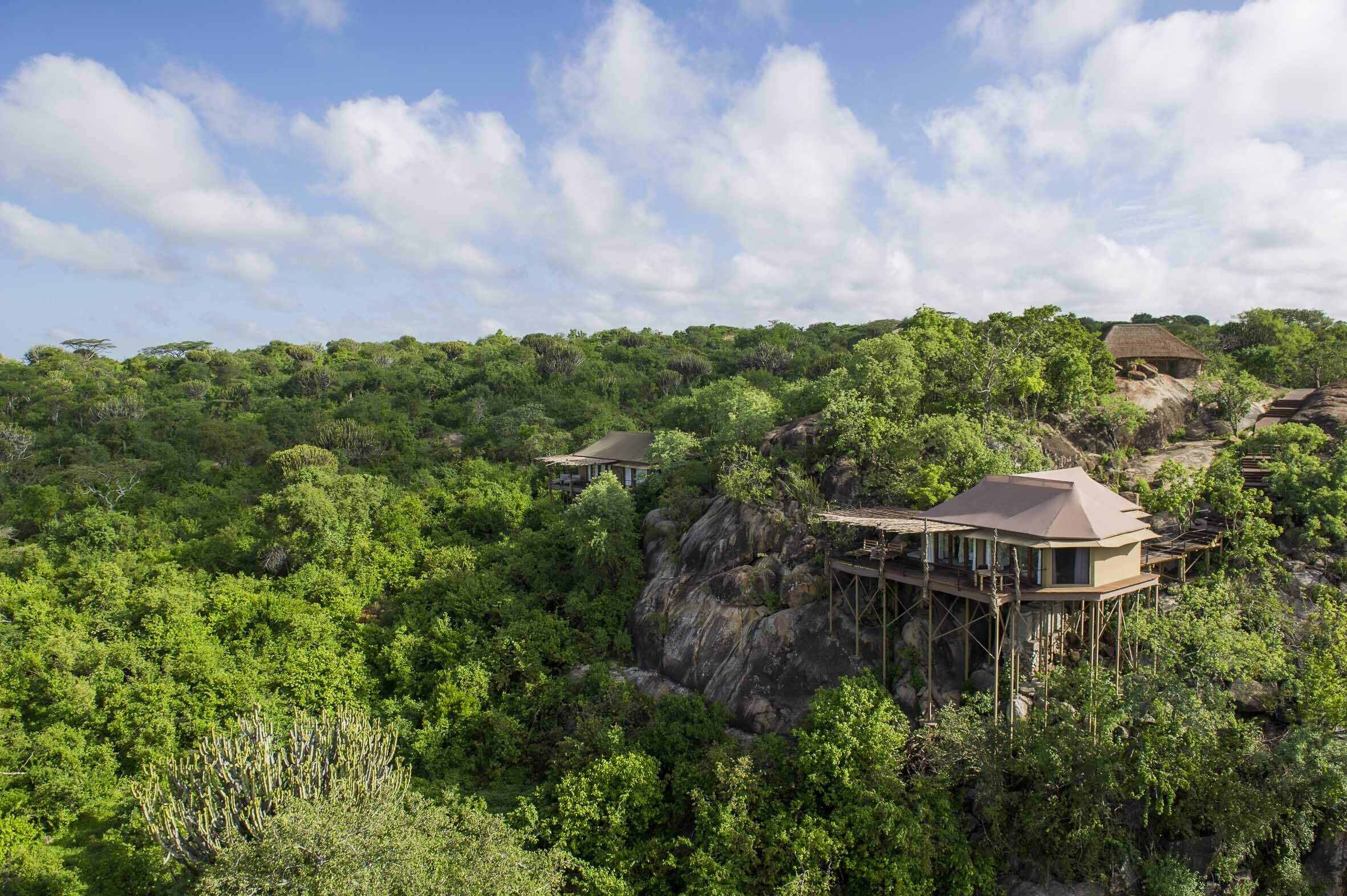
Mwiba Lodge
Mwiba Lodge is a luxurious property located on a private concession on the edge of the southern Serengeti.
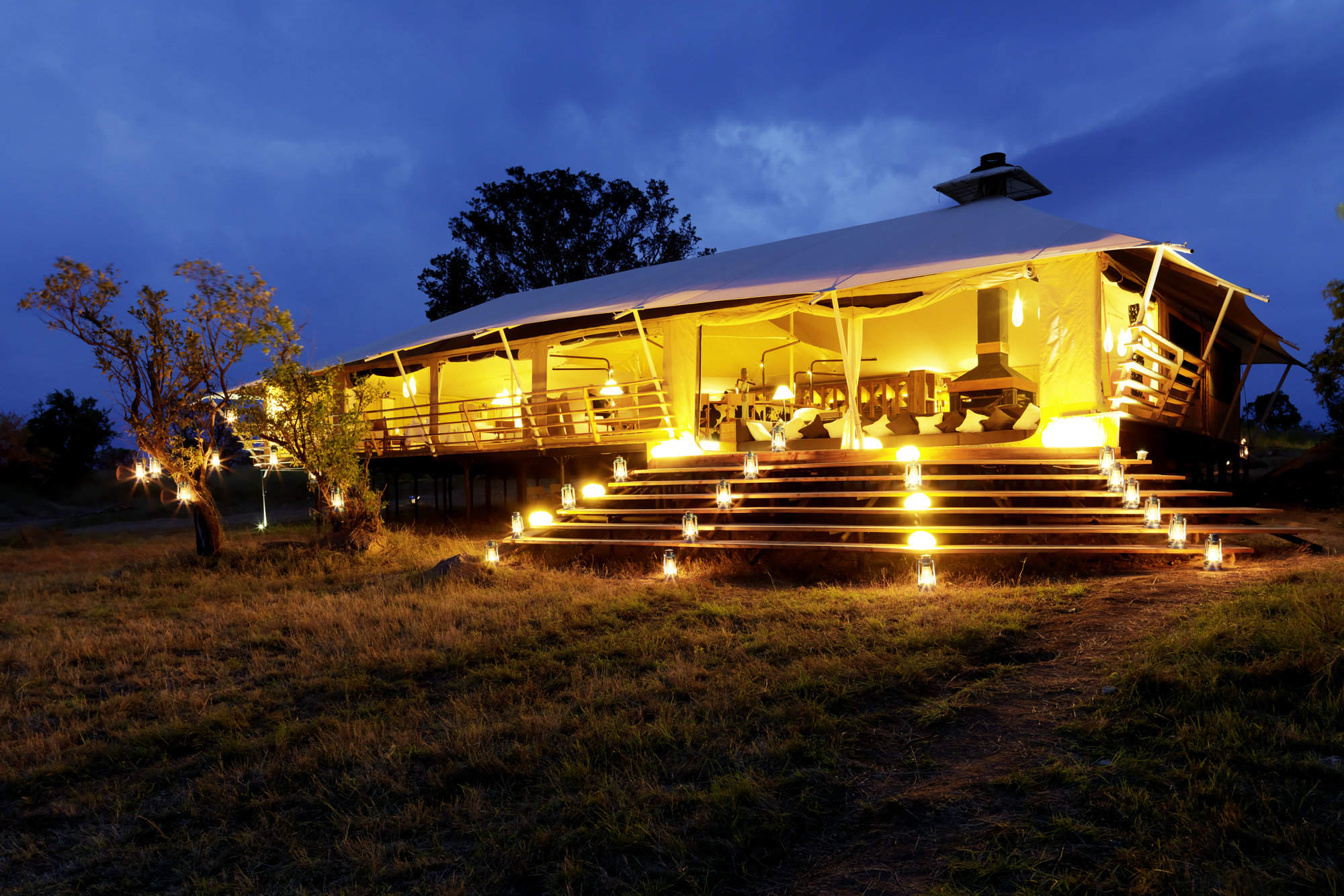
Bushtops
Serengeti Bushtops is a permanent luxury camp in the northern Serengeti, with spacious and private tents with their own hot tubs.
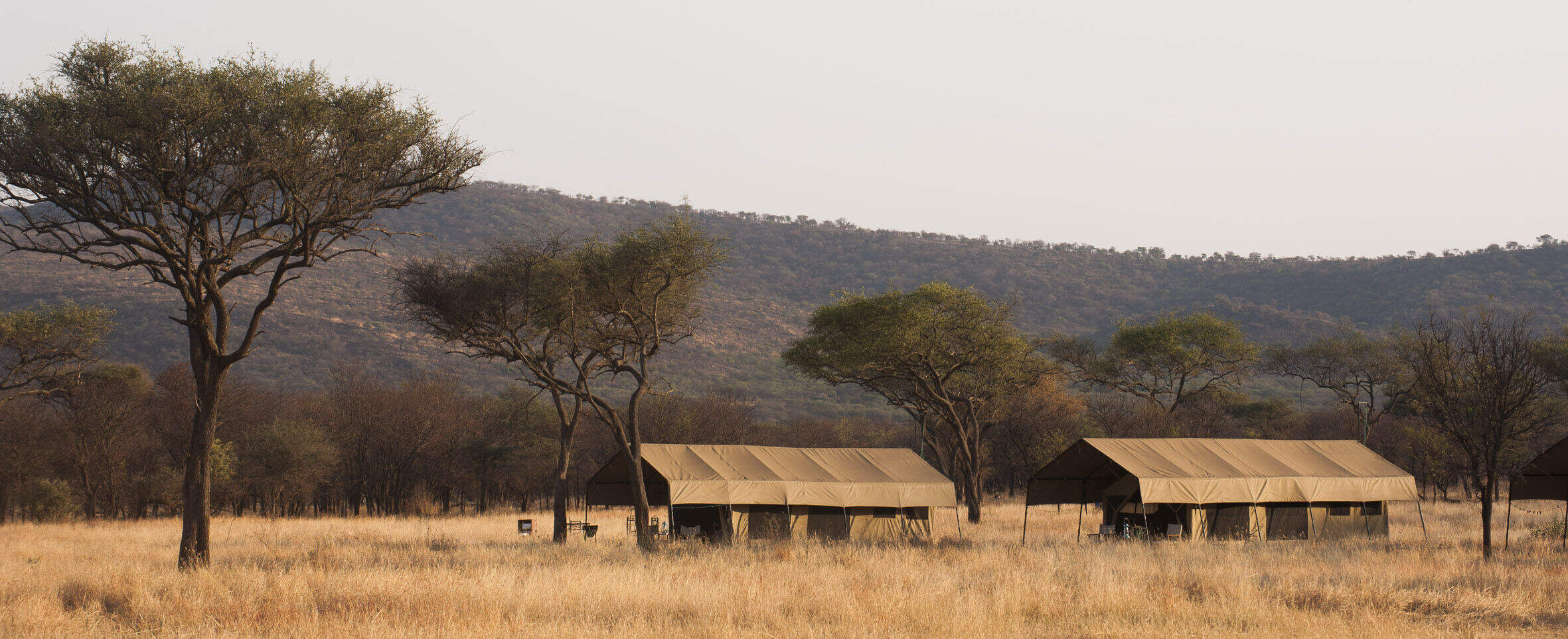
Ndutu Kati Kati
Ndutu Kati Kati is a seasonal tented camp, based in the southern Serenget from Dec-Mar, ideal for the migration as it passes through.

Olduvai Camp
Olduvai Camp lies between Ngorongoro and the southern Serengeti plains. It's a good base for the southern plains during the rainy season.
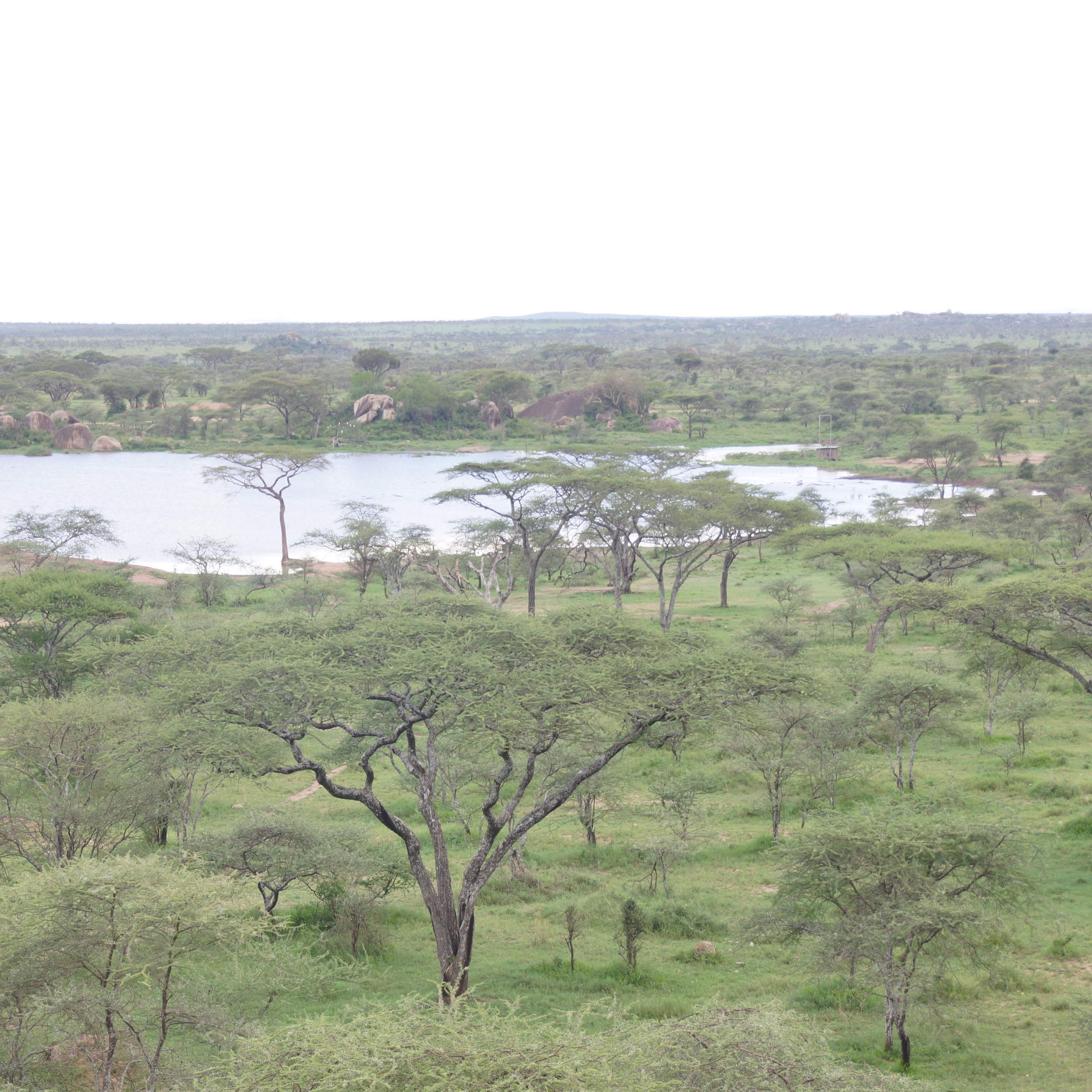
Seronera Wildlife Lodge
Seronera Wildlife Lodge is large hotel-style safari lodge in the heart of the Serengeti, offering good value and a great location.
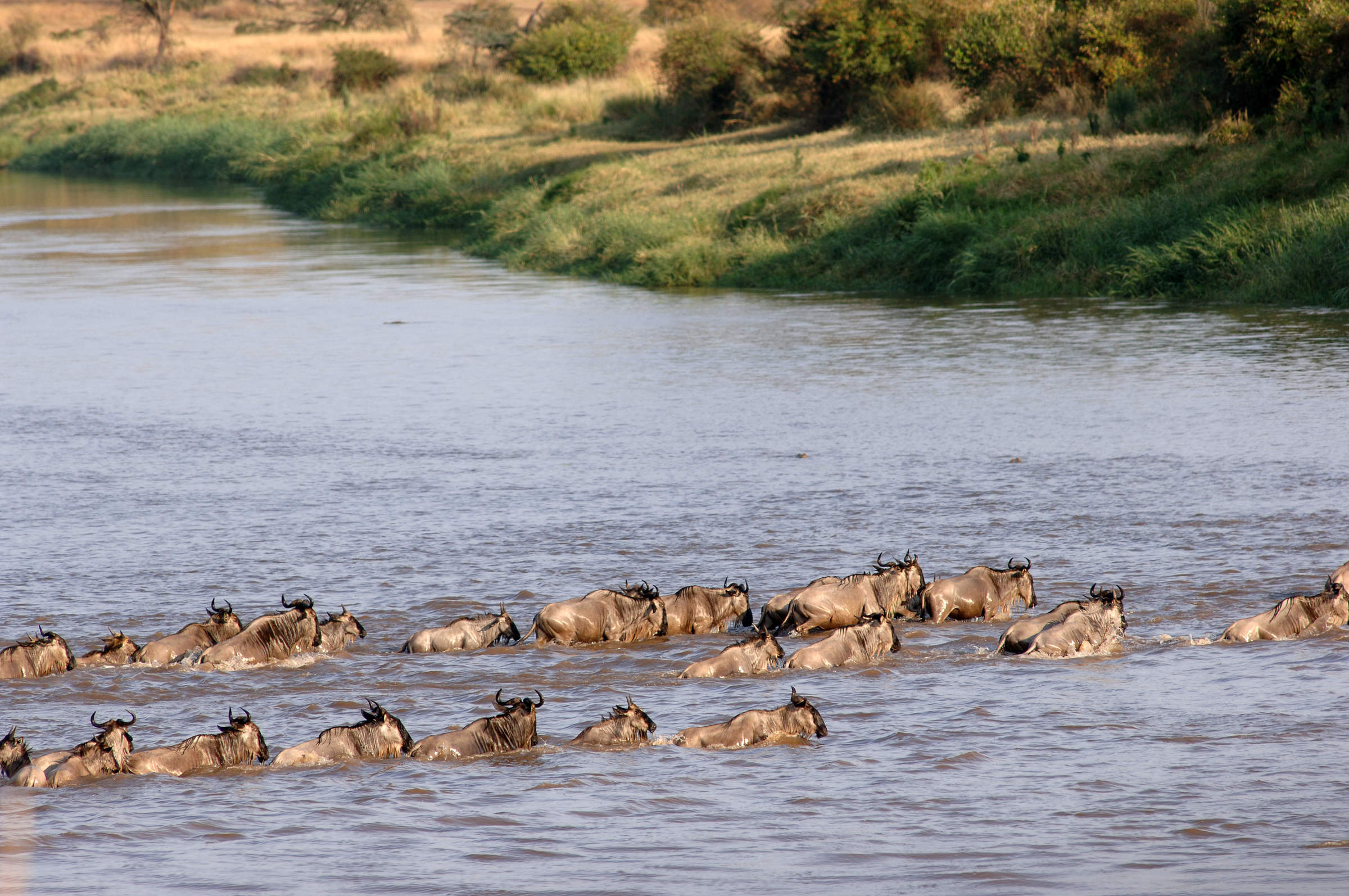
Mara Kati Kati
Mara Kati Kati is a simple bush camp in the northern Serengeti, based from Jul-Oct near the Mara River for the wildebeest migration.
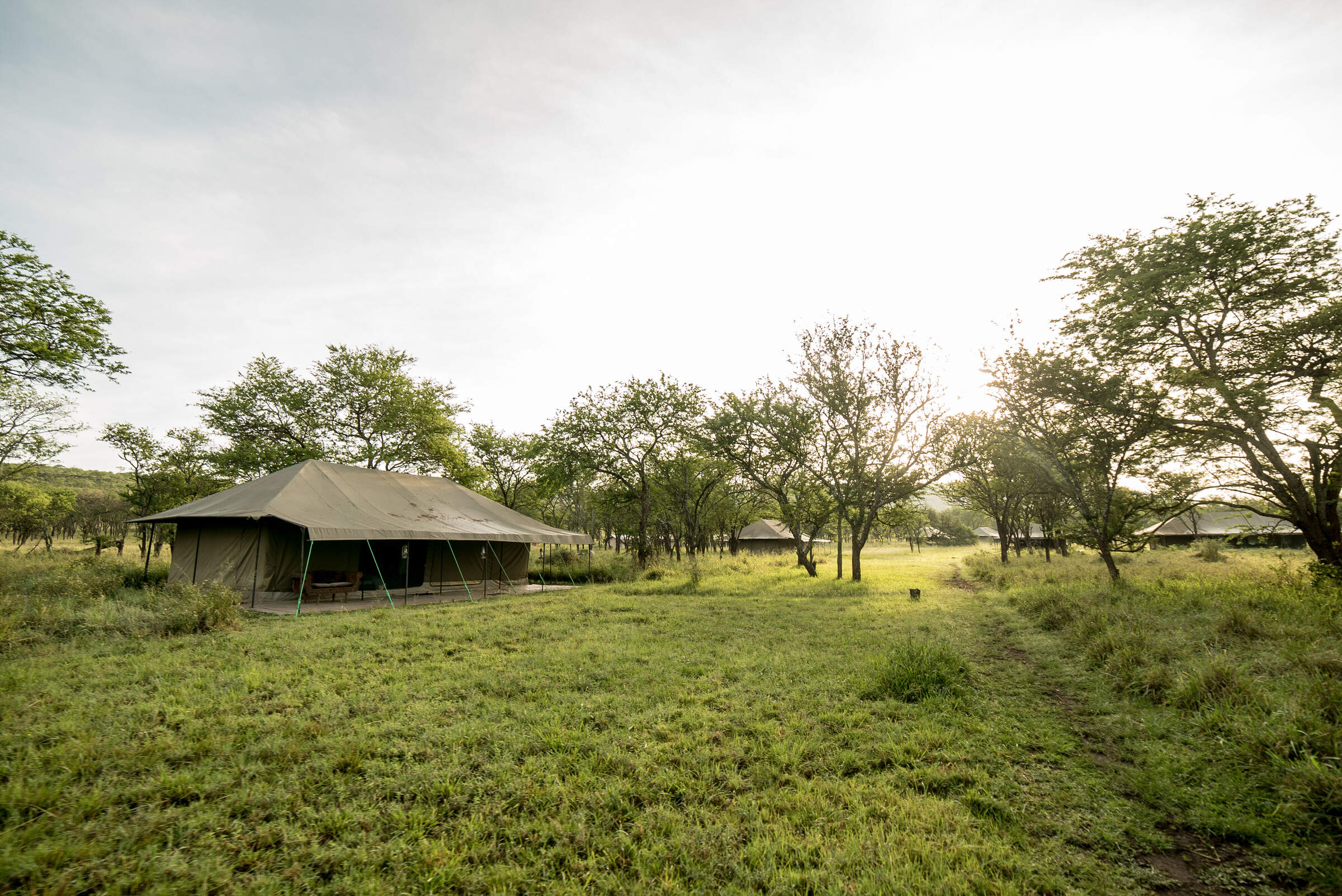
Nasikia Naona
Naona Camp is a small tented camp, located in the Moru Kopjes, west of the Serengeti central area
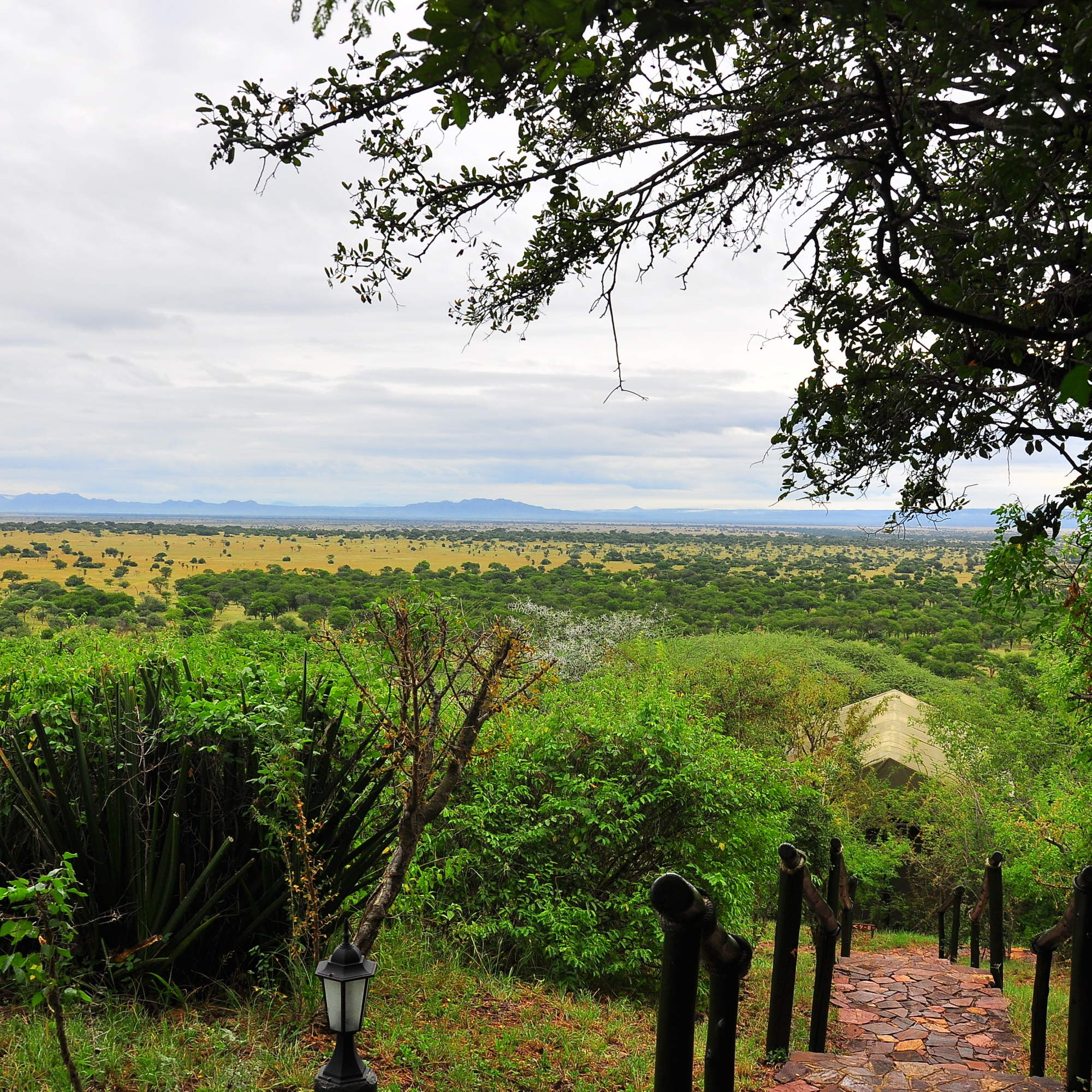
Kirawira Camp
Set high on a hill, in the Serengeti's western corridor, Kirawira is a relatively large tented camp in the Serena group.
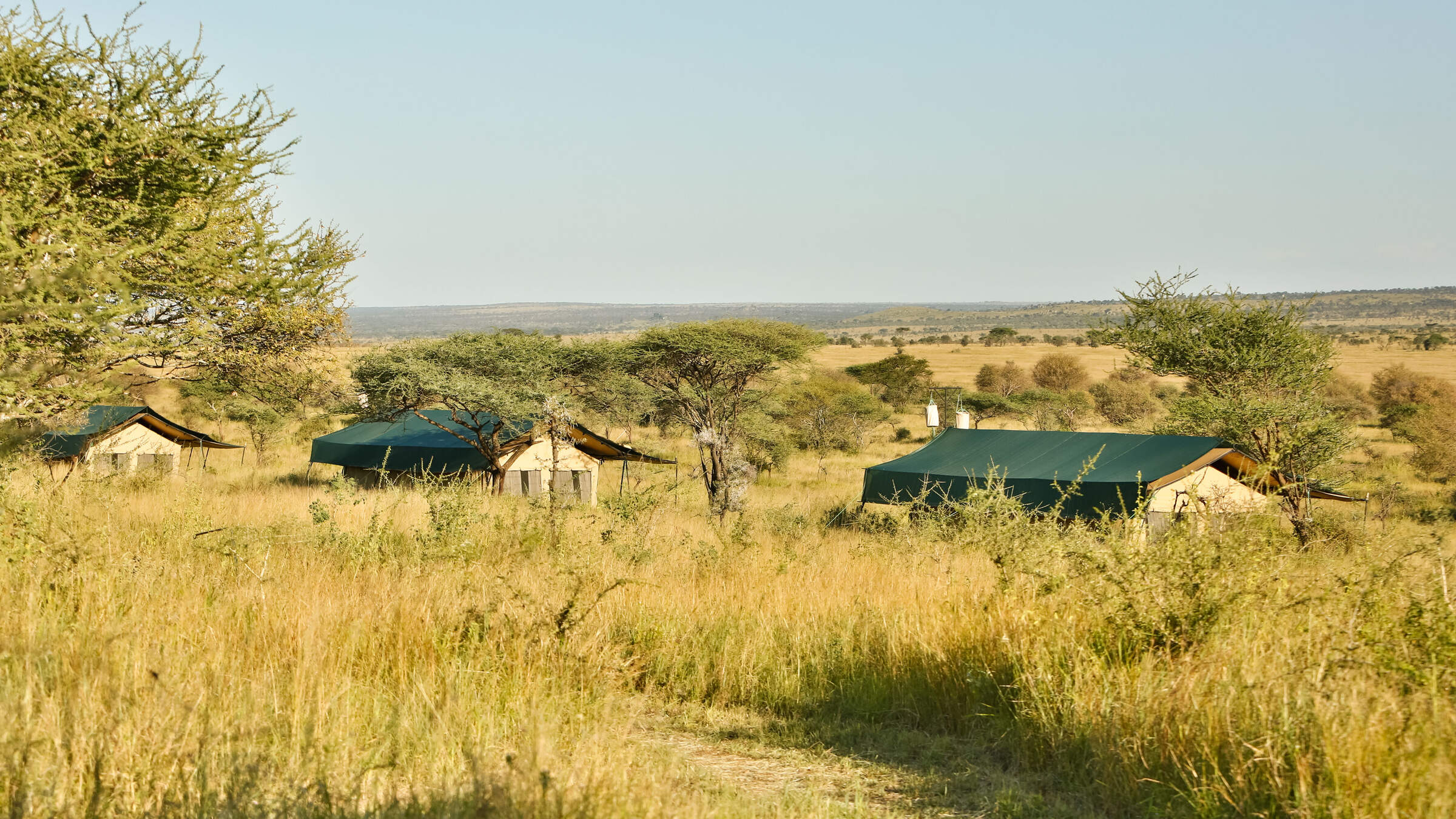
Nyikani Central
Nyikani Central is a comfortable tented camp located in the game-rich Seronera area of the central Serengeti.
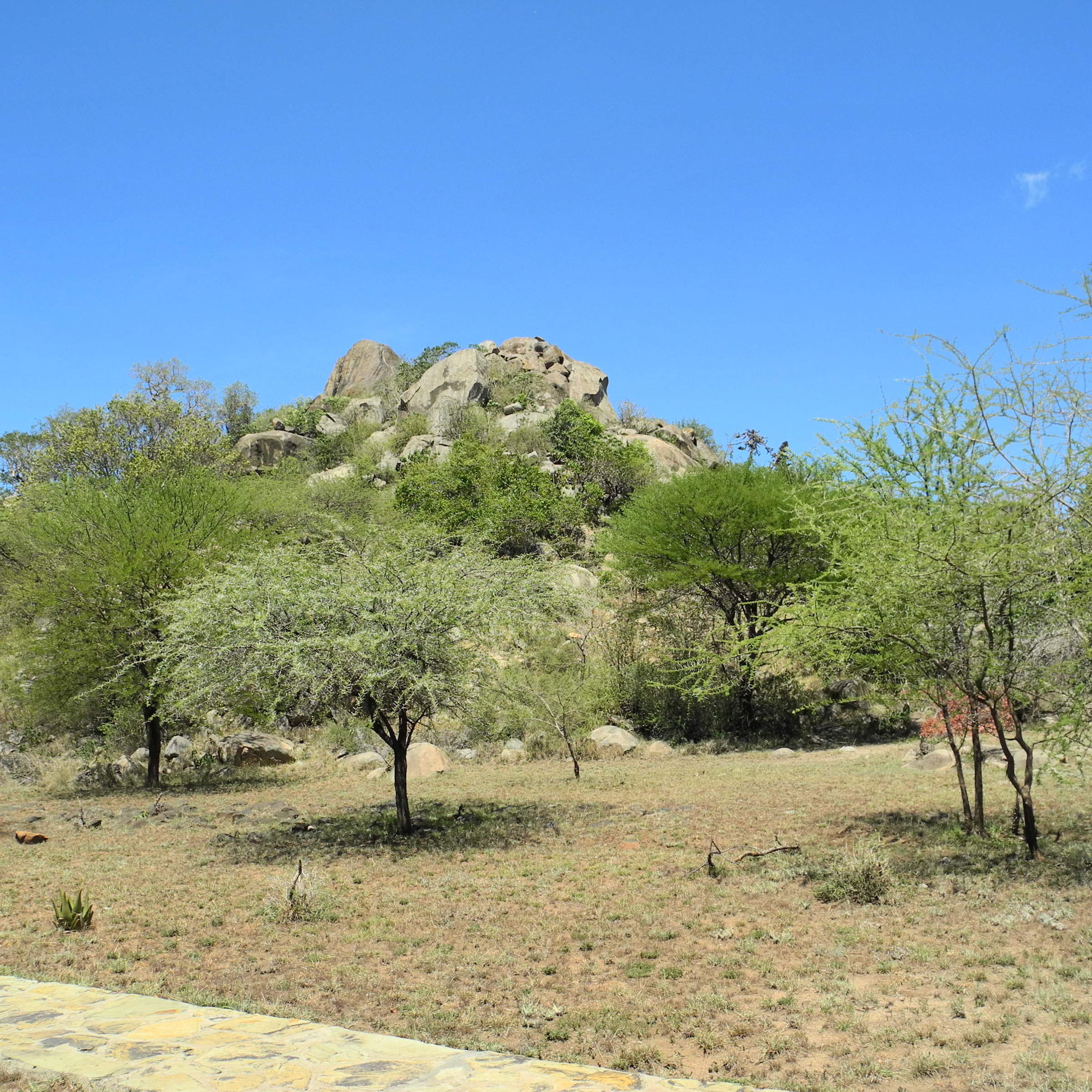
Mbuzi Mawe
Mbuze Mawe is a comfortable tented camp in a convenient, central-north location when driving through the Serengeti.
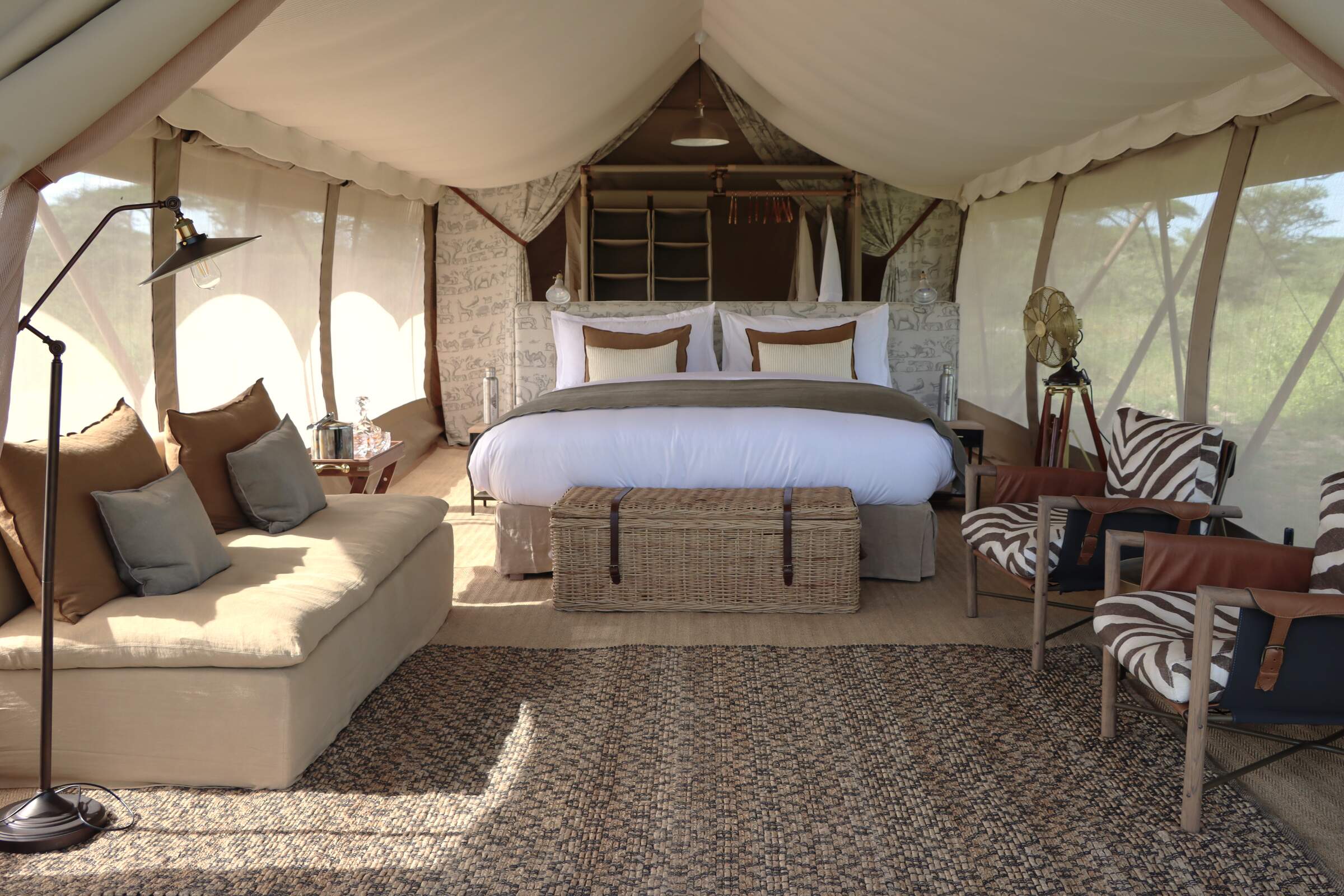
Laba Migration Camp
A luxury mobile camp that moves between the Western Corridor, Mara River and the southern Ndutu area, in line with the wildebeest migration.
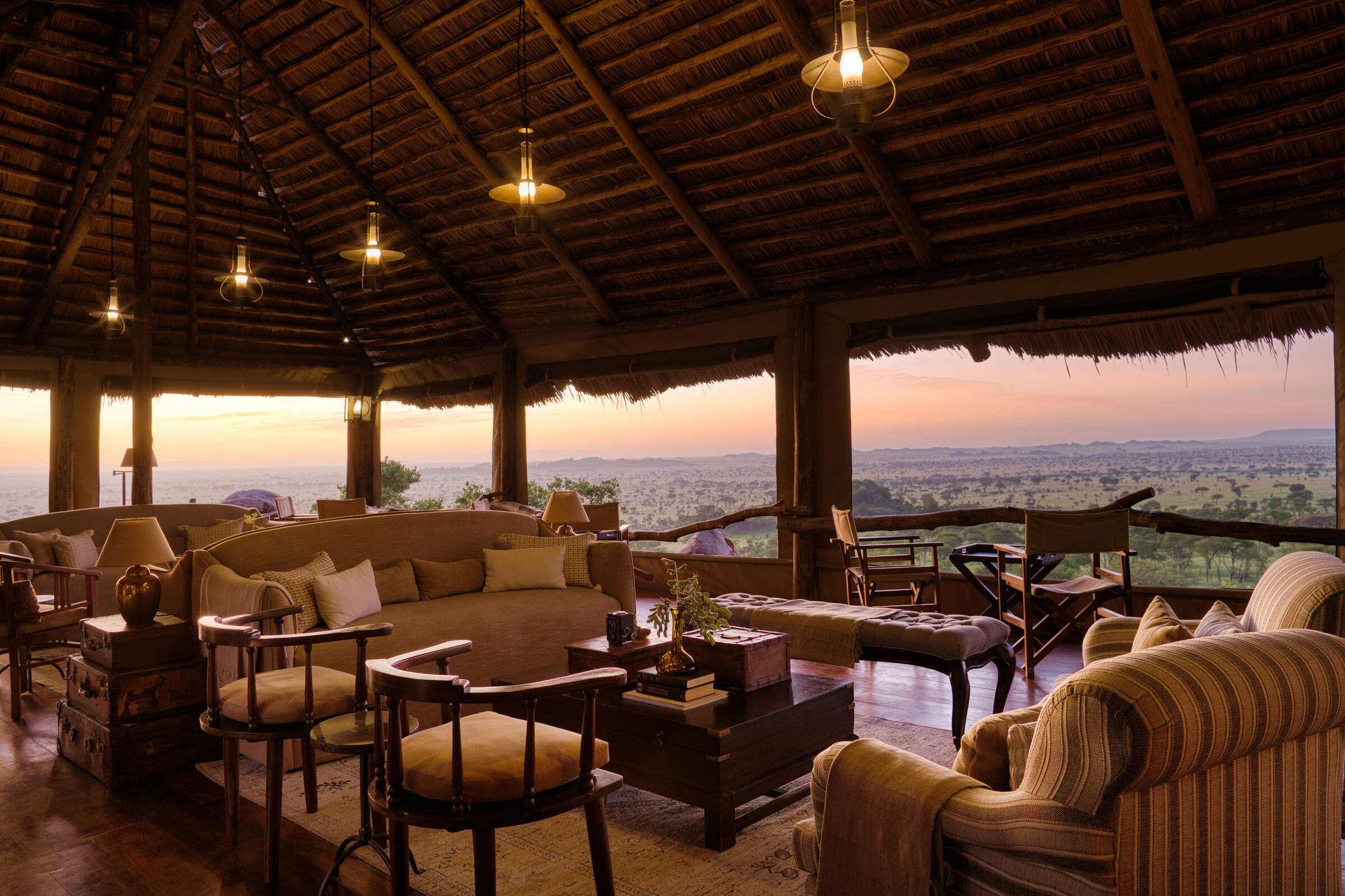
Serengeti Pioneer Camp
Serengeti Pioneer Camp is a luxurious tented camp in the central Serengeti, styled on African explorers' camps of the early 20th century.
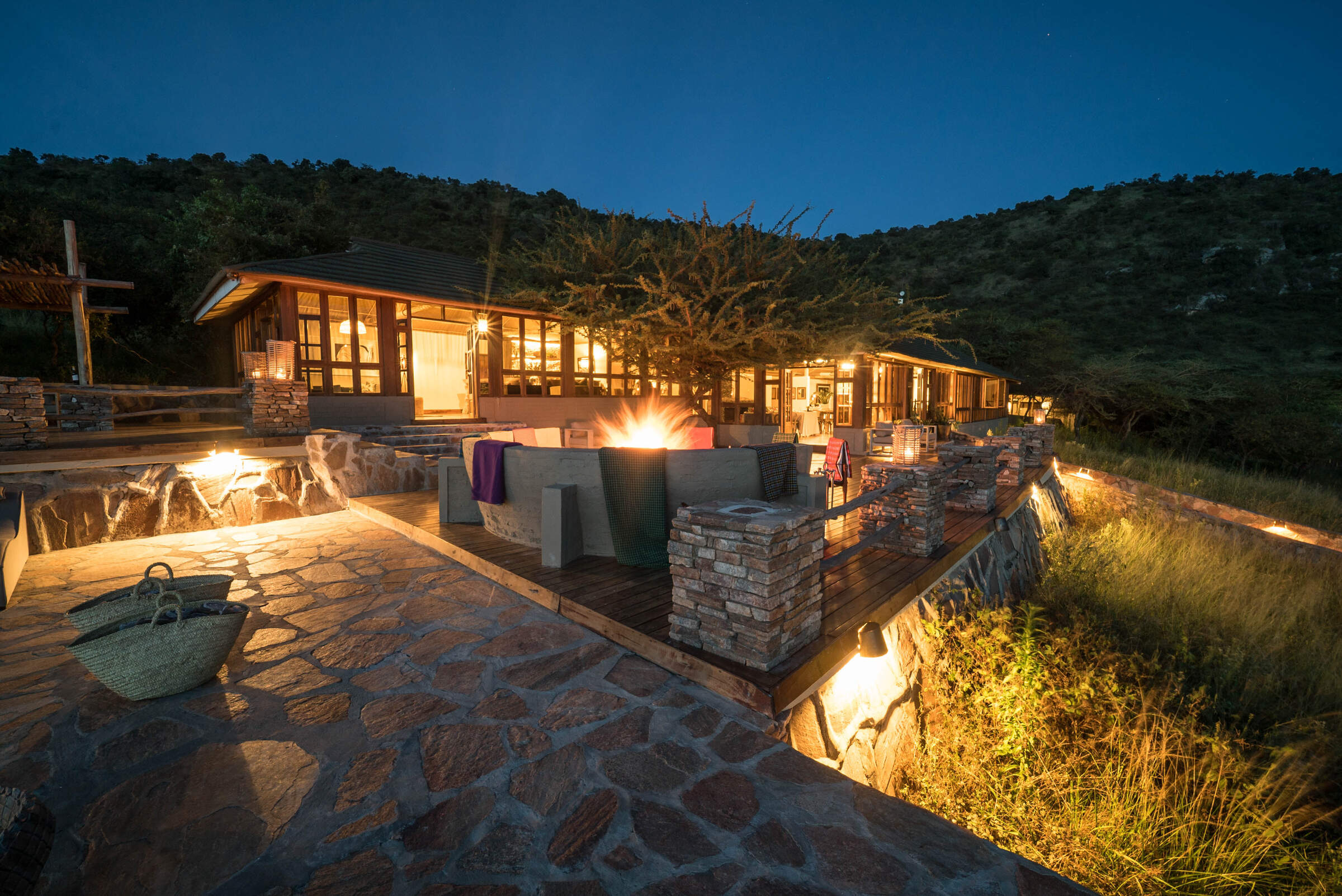
Taasa Lodge
Taasa Lodge is a slightly quirky option offering guided walks and night game drives, which are not permitted in Serengeti National Park.
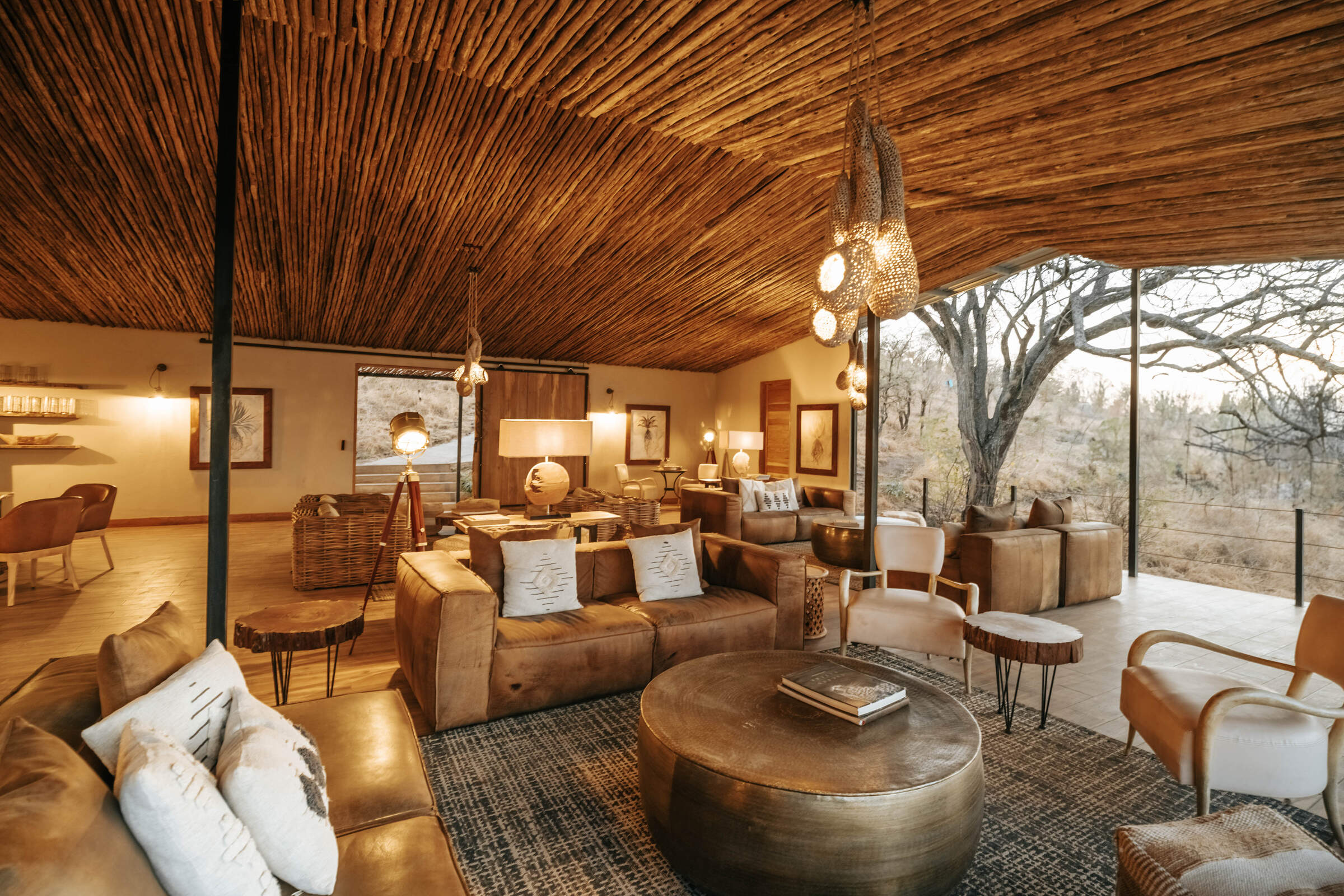
Nimali Serengeti
Opened in July 2017, Nimali Serengeti is a smart, permanent tented camp located in the Seronera area of the central Serengeti.
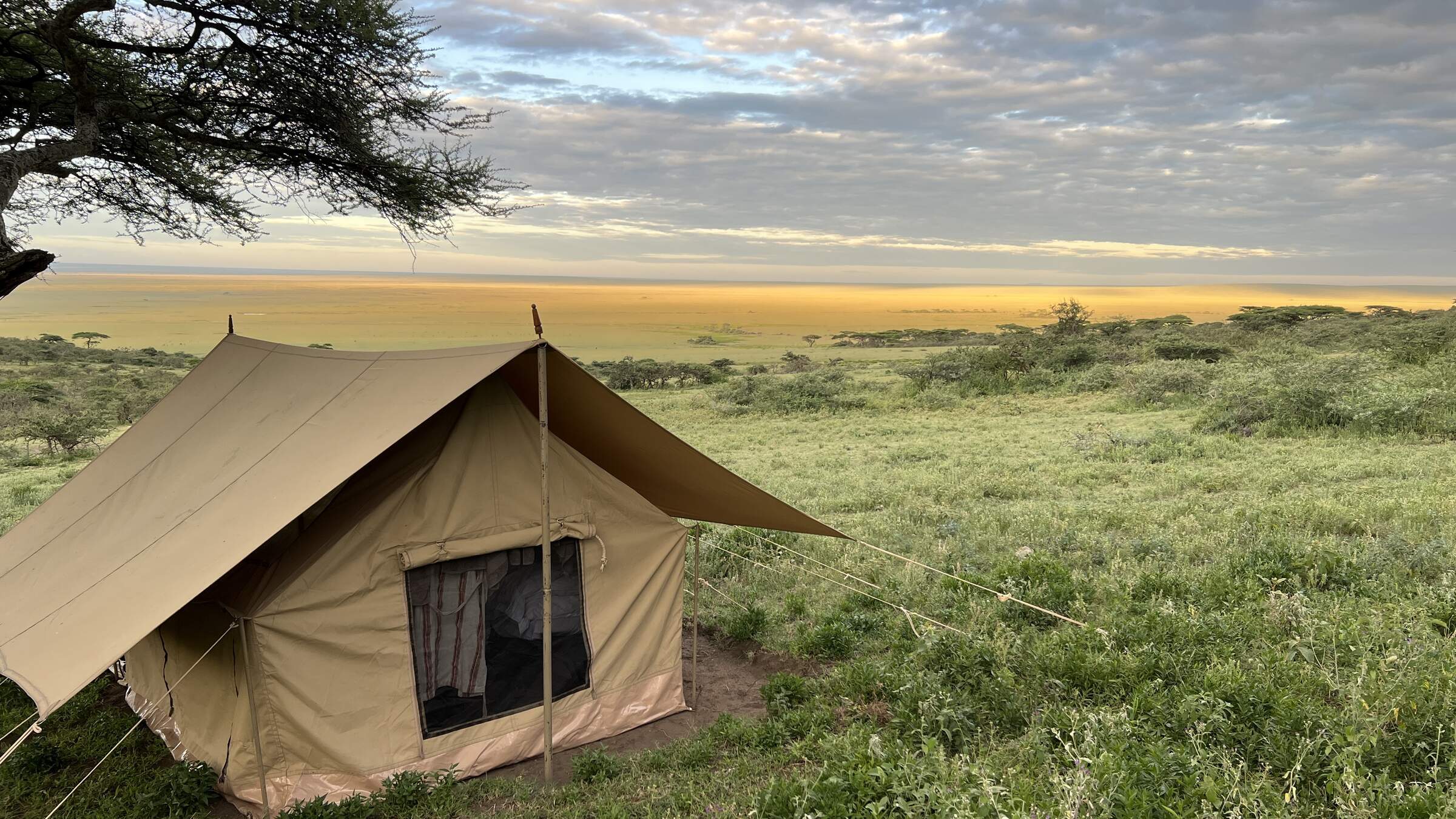
Nomad Walking Camp
Nomad Expeditionary Walking Camp is a simple camp of up to three tents, plus infrastructure, that changes location to allow guests to do substantial walks between campsites.
When to go to Serengeti Migration Area
Our month by month guide: What it's like to visit Nomad Serengeti Camp in Serengeti Migration Area
Jan
Feb
Mar
Apr
May
Jun
Jul
Aug
Sep
Oct
Nov
Dec
Serengeti Migration Area in January
January marks the start of the Serengeti’s short dry season. In the southern plains, the wildebeest calving season takes centre stage, drawing both predators and eager wildlife enthusiasts. The weather is generally clear and sunny, with rising temperatures, though occasional rainfall may still occur in the southern areas. Birdwatching is particularly rewarding during this time, with resident species in their breeding plumage and migratory birds adding to the variety.
The far southern plains of Ndutu coupled with the central Seronera area remains a reliable choice for game viewing, with lions and cheetahs frequently sighted on the hunt. While the park can be busier early in the month due to New Year visitors, it often becomes quieter later, providing excellent value and a more peaceful experience. Patience may be needed during game drives, as some wildlife becomes more dispersed.
- Variable weather: clear, dry or rainy
- Thunderstorms may occur occasionally
- Prime birding season with migrant species
- Wildebeest gathering in southern Serengeti
- Busy early, quieter later in the month
Our view
A good time to visit, with pros & cons
Weather in January
Serengeti Migration Area in February
February in the Serengeti is hot, with daytime highs reaching around 33°C/91°F, but cooling down significantly in the evening and overnight. It's an excellent time to visit as the northern circuit is comparatively quieter than during peak seasons. The wildebeest calving season, typically occurring in a two-three week window in early-mid February, is a major attraction. Thousands of calves are born daily, attracting a significant number of predators, creating an intense yet fascinating spectacle.
Birdlife is equally vibrant, as migratory species from the northern hemisphere join the park's resident birds. The Ndutu region is especially active, hosting an abundance of wildlife. Hot air balloon safaris offer unparalleled views of the action below. Despite the midday heat, early morning game drives remain comfortable and highly rewarding.
- Hot and dry weather conditions prevail
- Wildebeest calving in southern plains
- Southern Serengeti busy for migration
- Lush, green landscapes across the park
- Ideal for wildlife photography
Our view
A very good time to visit
Weather in February
Serengeti Migration Area in March
March typically sees the arrival of the long rains in the Serengeti, though the exact timing can vary each year. With water becoming more plentiful, migratory animals begin to spread out, making wildlife spotting a bit more challenging in certain areas. The Seronera Valley remains a reliable choice for sightings, thanks to its consistent water sources.
The rains bring a dramatic transformation to the landscape, with lush greenery emerging across the plains, offering stunning photographic opportunities. Birdwatchers are in for a treat, as many species are in their vibrant breeding plumage. Although some mobile tented camps begin winding down operations in preparation for the next season, visitors can still enjoy the park’s quieter atmosphere and its renewed natural beauty.
- Hot with increasing humidity pre-rains
- Wildlife viewing varies as rains begin
- Park quieter with lower visitor numbers
- Excellent time for bird watching
- Green vegetation provides scenic backdrops
Our view
A good time to visit, with pros & cons
Weather in March
Serengeti Migration Area in April
April tends to be the wettest month in the Serengeti, with rainfall averaging around 250mm. The park is transformed into a verdant oasis, alive with birds, insects, and smaller wildlife. However, the dense vegetation can make spotting animals more difficult. Visitor numbers are at their lowest, allowing for a more exclusive safari experience and there can be some good emerald season bargains to be had.
The wildebeest migration typically begins slowly moving toward the Western Corridor, and patient travellers can witness fascinating sights such as newborn animals and predators on the hunt. Rising water levels make the Retina Hippo Pool particularly active. Birdwatching continues to be excellent, and many lodges offer reduced rates, making it an appealing time for those willing to brave occasional downpours.
- Heavy rains with impressive thunderstorms
- Some camps closed due to weather
- Lowest rates and fewest tourists
- Vibrant greenery, wildlife more dispersed
- Not ideal for general wildlife viewing
Our view
This is not a great time to visit
Weather in April
Serengeti Migration Area in May
As the month of May progresses, the rains start to taper off across the Serengeti and temperatures drop slightly. Visitor numbers remain low, and lodge rates are often highly competitive, making it a great time for more value-conscious travellers. The wildebeest migration usually still heading towards the Western Corridor, with some herds nearing the Grumeti River and others still milling around the central area of the park. Predator-prey interactions become more frequent as animals navigate the changing environment.
The Moru Kopjes region offers particularly rewarding wildlife encounters, including the chance to spot black rhinos. The park’s vegetation is at its lushest, providing breathtaking backdrops for photographers. Balloon safaris during this time give a spectacular view of the green plains and migrating herds.
- Rains continue, creating dramatic skies
- Quiet period, great for avoiding crowds
- Lush landscapes with long grasses
- Wildlife more dispersed, fewer sightings
- Affordable safari options available
Our view
This is not a great time to visit
Weather in May
Serengeti Migration Area in June
June signals the end of the rainy season in the Serengeti, with the landscape beginning to dry out. Wildlife starts to gather around permanent water sources, and the Grumeti River becomes a key location for dramatic river crossings. Before the wildebeest migration heads north, the Western Corridor remains a hub of activity.
Many camps will offer shoulder season rates in June, meaning that this is also a more affordable time to visit than later in the year. The Lobo Valley in the north also becomes a productive area for wildlife viewing. With shorter grasses and clearer conditions, June is an excellent time for walking safaris in designated areas. The balance of good weather, exciting wildlife action, and moderate tourist numbers makes it a great month to visit.
- Weather varies: clear, dry or some rain
- Migration moving from west to north
- Parks still green with high grasses
- Wildlife becoming more concentrated
- Good value shoulder season prices
Our view
A good time to visit, with pros & cons
Weather in June
Serengeti Migration Area in July
July is the start of peak season in the Serengeti, with little to no rainfall expected and pleasant daytime temperatures. As the park dries, wildlife congregates in fewer areas, improving game viewing opportunities. The wildebeest migration typically reaches the northern Serengeti, with herds beginning to cross the Mara River. This spectacle draws many visitors, making the northern areas busier.
The Seronera area remains excellent for big cat sightings. In the western corridor, resident game becomes easier to spot as vegetation thins. Balloon safaris are particularly popular this month, offering breathtaking views of the migrating herds. Despite the crowds, July offers some of the year's best wildlife viewing opportunities across the park.
- Dry days, chilly mornings and evenings
- Excellent wildlife viewing opportunities
- Peak season with increasing visitor numbers
- Highest prices due to prime conditions
- Great Migration in full swing
Our view
Fantastic: the very best time to visit
Weather in July
Serengeti Migration Area in August
August in the Serengeti is characterised by clear skies and sunny weather, though cooler nights and mornings call for layered clothing for early morning game drives. It's an extremely popular time to visit, with accommodation prices at their peak. The northern Serengeti is particularly busy as visitors hope to witness migration river crossings – with the Mara and Sand rivers becoming focal points for dramatic wildlife interactions.
In the central Serengeti, predator sightings remain good around the Seronera River. The park's southern regions are now much drier, home to excellent resident game and now fewer visitors. Balloon safaris provide stunning aerial views of the landscape and wildlife. While August is a very busy time, the consistent wildlife activity and reliable weather make it a fantastic month to visit.
- Dry climate, cool mornings and evenings
- Superb general wildlife viewing
- Exciting wildebeest migration period
- Very busy, camps fill up quickly
- Dramatic river crossings may occur
Our view
Fantastic: the very best time to visit
Weather in August
Serengeti Migration Area in September
September continues the Serengeti’s dry season, with wildlife becoming increasingly concentrated around the few remaining water sources. The northern Serengeti still hosts the wildebeest migration, with river crossings at the Mara River offering dramatic predator-prey interactions. The Seronera Valley remains an excellent spot for sightings of resident predators, while the now-parched southern plains offer good chances to see cheetahs.
As the month progresses, visitor numbers begin to drop slightly, making it a quieter time to explore. Birdwatching remains rewarding, and walking safaris provide a more intimate wildlife experience. September’s pleasant weather and exceptional wildlife viewing make it a very good time to visit.
- Fantastic wildlife viewing conditions
- Slightly less crowded than peak months
- Parks becoming dry with less vegetation
- Pleasant temperatures throughout day
- Prices remain high for quality safaris
Our view
Fantastic: the very best time to visit
Weather in September
Serengeti Migration Area in October
October marks the tail end of the dry season in the Serengeti. Wildlife gathers around the last water sources, creating fantastic viewing opportunities. The Mara River may still see some migration activity, while the central Seronera region continues to deliver reliable predator sightings. In the western corridor, large herds of elephants are a highlight, and the dry southern plains can sometimes offer very good opportunities to spot cheetah.
Birdwatching is rewarding, with many resident species easily spotted. Balloon safaris offer breathtaking views of the parched landscape – though photographers need to be prepared for dusty conditions. Prices remain high, but visitor numbers are lower than in July-Sept, providing a more exclusive safari experience.
- Mostly dry with comfortable temperatures
- Excellent game viewing opportunities
- Landscape may appear somewhat barren
- Lower visitor numbers than earlier months
- Chance to see predator action at its best
Our view
A very good time to visit
Weather in October
Serengeti Migration Area in November
November usually signals the start of the short rains in the Serengeti. While lighter and more sporadic than the long rains, they rejuvenate the landscape with fresh grass growth. Wildlife begins to disperse as water becomes more readily available, but game viewing remains strong, particularly in the central Seronera area.
The wildebeest herds start their journey southward from the Mara region, creating opportunities for unique sightings. Birdwatching is excellent, with the arrival of migratory species adding to the variety. Some mobile camps in the north close temporarily, but those who visit in November can enjoy great value with lower rates and quieter conditions.
- Variable weather: clear, dry or rainy
- Parks quieter with lower-end prices
- Some camps close for maintenance
- Wildlife disperses as rains begin
- Migration movement less predictable
Our view
A good time to visit, with pros & cons
Weather in November
Serengeti Migration Area in December
December is a transition month in the Serengeti, falling within the short rainy season. The rains bring life to the southern plains, attracting the wildebeest herds and the predators that follow them. The Ndutu region becomes a focal point for wildlife activity.
Temperatures are comfortable, averaging around 27°C/81°F, with the possibility of occasional thunderstorms. Birdwatching is outstanding, with many migratory species adding to the diversity. Early December offers good value, with lower prices and fewer visitors, but the festive season sees a surge in demand, requiring early bookings. Balloon safaris provide stunning views of the rejuvenated landscape, making December an exciting time to visit the park.
- Weather varies: dry, rainy, or stormy
- Good game viewing in central Serengeti
- Quiet early, extremely busy late month
- Prices rise sharply for holiday season
- Green season begins, landscapes refresh
Our view
A good time to visit, with pros & cons
Weather in December

Looking for inspiration on where to travel next?
Visit our trip chooser to explore your options and find inspiration for your perfect African adventure
Inspire me